A New Leaf: Episode 13
by dramallama
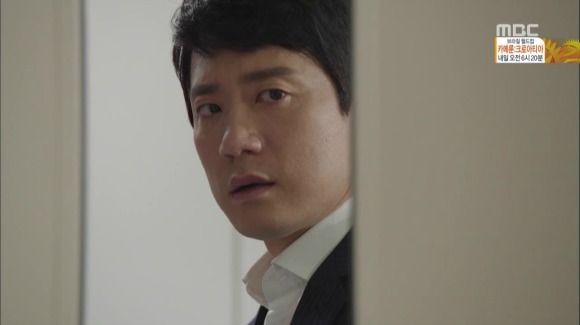
Everything speeds up as we introduce the final battle between our two powerhouses. As more and more people join the battle, we begin to realize that this is a much bigger case with enormous stakes. Seok-ju takes a hand in his father’s cases, as the world just can’t seem to give him a break: an ill father, still no memory, and now another case. But he shows us that even without the infamous Cha Yeong Woo Firm, he himself poses a big enough threat.
EPISODE 13 RECAP
Seok-ju meets up with Prosecutor Lee to discuss details about the case. She’s surprised that he left the firm but also because he’s getting involved in this case to help out his father’s acquaintances. He was never close to his father.
He reveals that he was the one to send in the calculations on the banks’ benefits from the fraudulent deals and assumes that his former firm manipulated the judges to dismiss the search warrants. It’s all power from money, and this case in particular has a lot of it at risk.
Seok-ju hands her some files he researched: a 1994 Bankers Trust case that’s quite similar to this one. He offers to do more research since he’s got nothing much else to do nowadays. Prosecutor Lee still seems hopeful that the vote won’t be unanimous, that there will be some sort of opposition in her favor. But Seok-ju thinks otherwise, cynically stating that manipulating a few people doesn’t cost that much money.
Prosecutor Lee takes offense to this, saying that Seok-ju shouldn’t underestimate people. “I’m sorry that since you’ve lived that way, all the people around you are just like you, but there are people in this world who strive to live righteously.” She accuses him of looking down on humanity by assuming that they will choose to be corrupt. Seok-ju apologizes and looks a little regretful.
At the Finance Supervisory Service examination, one of the board members accuses Yeong-woo’s clients of giving out loans without properly addressing the risks. Although the lawyer tries to defend them, the facts are pretty clear. At least three hundred financially stable companies have failed, and the banks will need to take responsibility, whether or not they lose a substantial amount of money.
Yeong-woo is given a report of the examination and looks into this board member, Chief Moon, who seems to have some loans and is looking to provide a better but more expensive education for his children. The solution seems simple, and Yeong-woo sends the former director – now, of course, at the firm – to set up a meeting with Chief Moon.
Realizing that he’s going to be bribed, Chief Moon expresses his disappointment in his former director. He seems determined to help the failed companies receive their compensation. But Yeong-woo’s vice-president hands him a bankbook from the Bank of the Philippines with almost 3 billion won (approximately 3 million dollars) and asks him to reconsider. There is a certain trend in the case, and it would help him to lean towards the winning side and collect some benefits from doing so. Chief Moon’s determination wavers.
I assume that he takes the money, seeing that Prosecutor Lee receives the unbelievable results from the examination. She calls Seok-ju in frustration, and he gives her: “I told you so.” He advises her to toughen up and prepare for even worse from her opponents.
Prosecutor Lee visits her boss with requests to contact overseas sources about the Financial Supervisory Service results. She needs another expert opinion to prove her case, but her boss finds it to be a risky move, since bringing in an overseas consultant will expose the embarrassing corruption in the nation’s system. Prosecutor Lee insists that she’ll interrogate thoroughly, and he eventually agrees.
The banks’ representatives are sent in for the prosecutor’s examination, and Prosecutor Lee is not letting anyone get off the hook. She examines them even as night falls, repeatedly asking the same question. She’s determined to get an answer.
Seok-ju is at his father’s house with a finger pricker for what he thinks is his diabetic condition. He’s done research on diabetes and tells his father to check his blood sugar levels regularly. He tries to use the device, but his father slips away his finger, not willing to blow his cover. Seok-ju instructs his father to check his blood sugar and then offers to help him clean his office the next morning. His father calls Seok-ju annoying, but he flashes a smile of appreciation after he leaves.
Later that night, Seok-ju’s father finds his hands shaking and can’t remember if he’d taken his medication. He suffers intense chills throughout the night, and it’s clear that his Alzheimer’s is getting worse.
Back home, Seok-ju looks through the box that Ji-yoon gave him. He puts the hard drive in a drawer and finds his watch that Ji-yoon snuck in. He has no memory of the watch, so he heads next door to ask her about it. Ji-yoon’s eyes widen at the sight of the watch, and she assures him that it’s his. He can even ask Sang-tae about it. Clearly flustered, she rushes into her apartment.
The next morning, Seok-ju’s father staggers on the street, weakened by his condition. He almost makes it to his office, but he collapses in a cold sweat. Luckily, a passerby recognizes him and calls him an ambulance. As the ambulance races off with his father, Seok-ju arrives at the office, unaware of the emergency.
Seok-ju walks around his father’s empty office, taking in his surroundings. He sits waiting for his father, but when he gets a call from one of his father’s clients notifying him of the emergency, he rushes out.
Jung-seon has joined her family meeting and makes some snide remarks about how nice it is outside of jail. She mentions that someone in the family may need to spend a long time in jail if the case doesn’t go as planned, to which her two uncles fidget. When asked about her marriage with Seok-ju, she says that she’s not looking to go on with a marriage that her family doesn’t approve of. One in a family – her mother – is enough.
Seok-ju’s father has suffered a shock from a sudden drop in blood sugar. The doctor tells Seok-ju that he’s passed the critical phase but should remain hospitalized, as he’s still unstable and hasn’t fully recovered consciousness. Seok-ju watches his father from outside the hospital room, full of worry.
Prosecutor Lee has come to visit one of the bank representatives at his own bank after a night of interrogation. He’s visibly exhausted, but she’s not ready to give up. She asks him to submit documents about the loans, or else the same interrogation from the past three nights will continue. He readily agrees and hands over a couple documents. Turns out, this tactic was recommended by Seok-ju, and it sure did work.
The bank representative visits the firm to show Ji-won the documents that he handed over. Ji-won looks through the documents, wide-eyed. They just handed over key evidence to the prosecutor. All their efforts to block search warrants have gone to waste, as their client voluntarily handed over the evidence. Muhaha, that’s what normal people with a conscience call karma.
Seok-ju talks to his father’s former clients, who escorted his father to the hospital. He thanks them for their quick response and advises them more on the case. One of the clients talks on the phone about getting more loans to repay his big debt, and Seok-ju stops them to explain a different option. They can request to invalidate their contract during their lawsuit proceedings, therefore, getting temporary monetary relief. He looks like he wants to do more, but this is all he can do right now.
Jung-seon takes out the picture of her father and looks at it longingly. She makes a call to her father, who seems relieved and happy to hear her voice. He had been worrying about her after seeing the news of her sentence. They talk about her wedding, and her father just wants to make sure that her future husband will treat her well and make her happy. It’s a sweet father-daughter moment, and you can see that Jung-seon really does miss her father.
She goes out for a run, ready to start afresh. It’s quite a different Jung-seon from what we’ve seen so far. She stops to make a call to Seok-ju, who doesn’t answer, probably busy with his father.
Seok-ju is at the hospital, where the nurse notifies him that his father just woke up. Excited and relieved, Seok-ju sits down to talk to his father. But he doesn’t recognize him; he insists that his son is in college. Uh-oh, the Alzheimer’s has kicked in.
Seok-ju consults the doctor outside the hospital room, confused that shock from low blood sugar could cause memory loss. But the doctor clarifies his father’s condition: it’s Alzheimer’s. Although his memory may return with the stabilization of his condition, the Alzheimer’s will continue to affect his memory. Seok-ju is shocked and close to tears, unsure of how to respond. He tells the doctor that he will contact his hyung abroad and heads back into the room.
He sits down, and his father recognizes him as “that person again” and tells him that he looks a lot like his son. Seok-ju was told not to correct his father as his stress could increase with confusion, so he goes along with his father’s perception, where his son is still a third-year college student.
Back at the firm, Ji-won requests an assistant to help him with some research, preferably one with a friendly and approachable nature. Yeong-woo looks outside the conference room and spots the one: Ji-yoon. The interns struggle in trying to understand the case, but Ji-won walks over to tell them that their job is simply research, as they don’t have the experience or judgment yet to fully understand the case.
In his office, Ji-won tells Ji-yoon what to research from the victims. He wants to know how they were approached, what they bought, and their background as well. Basically anything that would be useful to their side. He says that Ji-yoon has a talent for making people around her comfortable, and adds that it’s nice to see her at the firm. She responds that she’s glad to see him here as well.
After the meeting with Ji-won, Ji-yoon is approached by Sang-tae, who asks her for a favor. Seok-ju asked him to give Khan food and water, but he’s got a client meeting and won’t be able to do so. Since she’s right next door, Ji-yoon agrees to do the chore.
Seok-ju does his work beside his father and notices that he has missed calls from Jung-seon. But he puts that aside when his father wakes up, still living in his past memory. He tells Seok-ju that his son goes to law school and scored the second highest on his examinations. His son was always intelligent, and he raised him strictly, afraid that his talents would turn into arrogance.
He also explains Seok-ju’s name, and its origins in hanja: “seok” meaning rock and “ju” meaning pillar. He wanted Seok-ju to be a strong, long-lasting pillar for law and justice, which seems somewhat fitting yet ironic. Seok-ju’s father has a vision for his son to become someone of help to this world, but he knows it’s all his desire.
He wasn’t able to watch over his son much (due to his imprisonment) and knows that he can’t criticize his son if he doesn’t follow his wishes. Although he’s apologetic towards his son for encumbering him with his own ideas of justice, he still has faith in him, and he tells Seok-ju that he’ll understand the feeling when he has children himself.
Tears well up in Seok-ju’s eyes, and he ends up outside the hospital room to have a good cry. He thinks back to his father’s words; we don’t know if it’s just a flashback or a glimpse into Seok-ju’s returning memory, but we get a flashback to the old Seok-ju who argues against his father’s ideas of righteousness.
Seok-ju finally gets a chance to call Jung-seon and tell her about his current situation with his father. She also updates him that she’ll be visiting her father in the Philippines. They end their call agreeing to meet up after she returns.
Ji-yoon begins her research by visiting one of the affected companies, one of Seok-ju’s father’s clients. Although she’s initially rejected because she’s from the Cha Yeong Woo Firm, her willingness to actually understand the case catches the man’s attention.
She’s invited into another office, where she sits down to talk to the owner about the case. As her own father’s company has filed for bankruptcy, she empathizes with the owner. She manages to look over the documents that were given to the victims and thanks them for their time.
Seok-ju’s father has finally woken up with his returned memory, confused at why he’s at the hospital. The doctor warns Seok-ju about his father’s deteriorating condition; he will need someone looking after him. When Seok-ju goes back into the hospital room, his father is looking at legal documents and sees that Seok-ju will be submitting the contract invalidation request under his name.
While Seok-ju is submitting the request, we get another glimpse at our Angry Chairman in court. He seems to be filing for bankruptcy, and he reports his company’s income levels, which are quite high. When given the chance to say any last words, he brags about his creation, Baekdu Soju, that raised Korea’s soju sales from 40% to 60%. He promises to save his soju company and asks the judge to help him do so.
Walking out of the courtroom, Soju Chairman looks pleased with his performance in court. Although one of his assistants reports that the judge was seen playing a round of golf with Cha Yeong-woo’s employees, he still has faith in the judge to rule in his favor. He recognizes Seok-ju and talks to him like a foe, warning him pointedly to be wary of attacks late at night.
Seok-ju glances at the screen behind them and figures out that this mysterious man is Soju Chairman Jin Jin-ho. Chairman Jin yells at Seok-ju that his position was jeopardized by his firm’s activities. Seok-ju responds curtly to all of the chairman’s remarks and leaves, making him even more infuriated at this new Seok-ju.
Ji-won receives the provisional contract invalidation request and sees that Seok-ju is listed as the opposing lawyer. He reports this to Yeong-woo, who automatically plans another bribery session with the judge heading this decision. Ji-won doesn’t believe that this is the Seok-ju he knew, so Yeong-woo tells him the truth about Seok-ju’s condition.
In court, Seok-ju and Ji-won duke it out. Seok-ju argues that the contract termination is necessary at least for the time being, as these companies have lost a majority of their income from these loans already. They have to take out more loans just to repay this one. On the other hand, Ji-won argues that this request violates the fundamental idea and reason for contracts, as contracts are made not to be broken.
The final decision favors Seok-ju’s side, and the temporary contract termination is granted. Seok-ju and his clients walk out of the courthouse relieved. They respond to the media with optimism, that their justice system is working.
Meanwhile, the Cha Yeong Woo Firm looks dark and gloomy. Their clients complain that the large amount of money that they paid for the firm’s services has gone to waste. Their banks will lose customers, and their funds will not be able to match the overwhelming amount of overseas payments necessary for business.
Ji-won responds with a vague, “We will do our best,” but that’s not enough for the client; he wants a plan. Tough day for our new ace.
Seok-ju meets up with Prosecutor Lee after the trial for some updates on the case. During their conversation, Seok-ju realizes that he should have included all of the affected companies to make a stronger case because he guesses Cha Yeong Woo Firm’s next move. They’re going to manipulate the courthouse personnel so that the courts will be staffed with judges who will rule in their favor.
As expected, that’s what Yeong-woo is doing right now. He’s ordering promotions of judges left and right, and we know that his power does reach to this extent. In fact, he’s restructuring all the way to the top, so that the Supreme Court will be in his favor. Ji-won updates him on the prosecution, making Yeong-woo think about infiltrating the prosecutor’s office as well.
Yeong-woo also orders audits on the companies heading the joint lawsuit. He wants continuous pressure from the banks on these companies to show them what they’re up against. Ji-won looks at Yeong-woo with a flicker of fear, as he continues to construct his destructive master plan.
COMMENTS
Yeong-woo is one scary man. There’s no end to his power and evils because basically, he has no conscience. He’s the devil himself, and I can see how Seok-ju became the devil’s child under his wing. If I were Ji-won, I would get the hell out of that place. But I can’t tell if Ji-won is in awe or fearful of Yeong-woo’s pervasive authority. It’s an impressive feat to have the whole legal system in the palm of your hand, but it costs your soul. And hopefully Ji-won isn’t willing to give his up just yet, or maybe ever.
Good thing we have Seok-ju in his right mind, to use his intelligence and insider experience in a more conscience-friendly direction. He just can’t seem to catch himself a break, but I think he needed something to do with his smarts anyway; he definitely seemed bored after he left the firm, with nothing to do. He’s getting work done with his skills, and partnering up with Prosecutor Lee is probably one of the best things that happened in this episode. His cynicism and her idealism seem to balance out pretty well, and she was definitely kicking some ass. Prosecutor Lee, you go girl.
But oh man, Seok-ju when he figured out his father’s condition? Pure heartbreak. The irony and pain of the whole situation is simply too much to handle. It’s a poignant scene, one that I never would have expected from our old Seok-ju. We did get a flashback to our old Seok-ju, and that makes me wonder if the memories will ever come back. I’m interested to see if there’s a perfect time for Seok-ju’s memory to come back because at this point, I’m not sure if that’s all that important. I want to figure out who caused his accident, and I want him to make it clear to Ji-yoon that NOTHING happened, but I’m not sure how much that matters. Of course, Seok-ju would be relieved to fill that empty memory void, but I think he’ll be the same new Seok-ju that he’s become.
Speaking of… yo, Ji-yoon. Where are you? We’re seeing so little of her that I’m beginning to think that she’s just being written off as a minor intern character. I feel like the only thing written in her script is following orders. Go here, interrogate this person, research. She lives right next door to Seok-ju, but their meager interactions make me forget that’s still a thing. Her spot seems to be taken over by Prosecutor Lee, but I hope she makes a comeback in the final battle. I can remember one (maybe two?) episodes where she really stood out. She could use some more screen time.
Another character I wish I could see more of: Jung-seon. We finally get a look into her relationship with her father, which is a nice change from her power-hungry “family.” She acts so much more natural and relaxed even in the short phone call with her father. I feel for her loss, that she can’t have her loving father near her, and I can tell that she would be much happier living with him. But Jung-seon comes out of jail somewhat empowered, and it makes me hopeful that she won’t let her grandfather and uncles manipulate her like a pawn. She has the right to be treated fairly, and I hope she knows that she’s worth a lot more than what her uncles believe.
For A New Leaf, this was a pretty eventful episode. Usually, there isn’t this much going on, but I’m glad we’re picking up the pace as we approach the final showdown. This had better be just a taste of the big court battle ahead, which I’m sure will be epic and full of charisma. Crack them knuckles, stretch out those legal muscles, and let’s get this show on the road.
RELATED POSTS
- A New Leaf: Episode 12
- A New Leaf: Episode 11
- A New Leaf gets pruned to 16 episodes
- A New Leaf: Episode 10
- Election preemptions for Wednesday dramas
- A New Leaf: Episode 9
- MBC preempts Wednesday’s episode of A New Leaf
- A New Leaf: Episode 8
- A New Leaf: Episode 7
- A New Leaf: Episode 6
- A New Leaf: Episode 5
- A New Leaf: Episode 4
- A New Leaf: Episode 3
- A New Leaf: Episode 2
- A New Leaf: Episode 1
Tags: A New Leaf, featured, Kim Myung-min, Kim Sang-joong, Park Min-young
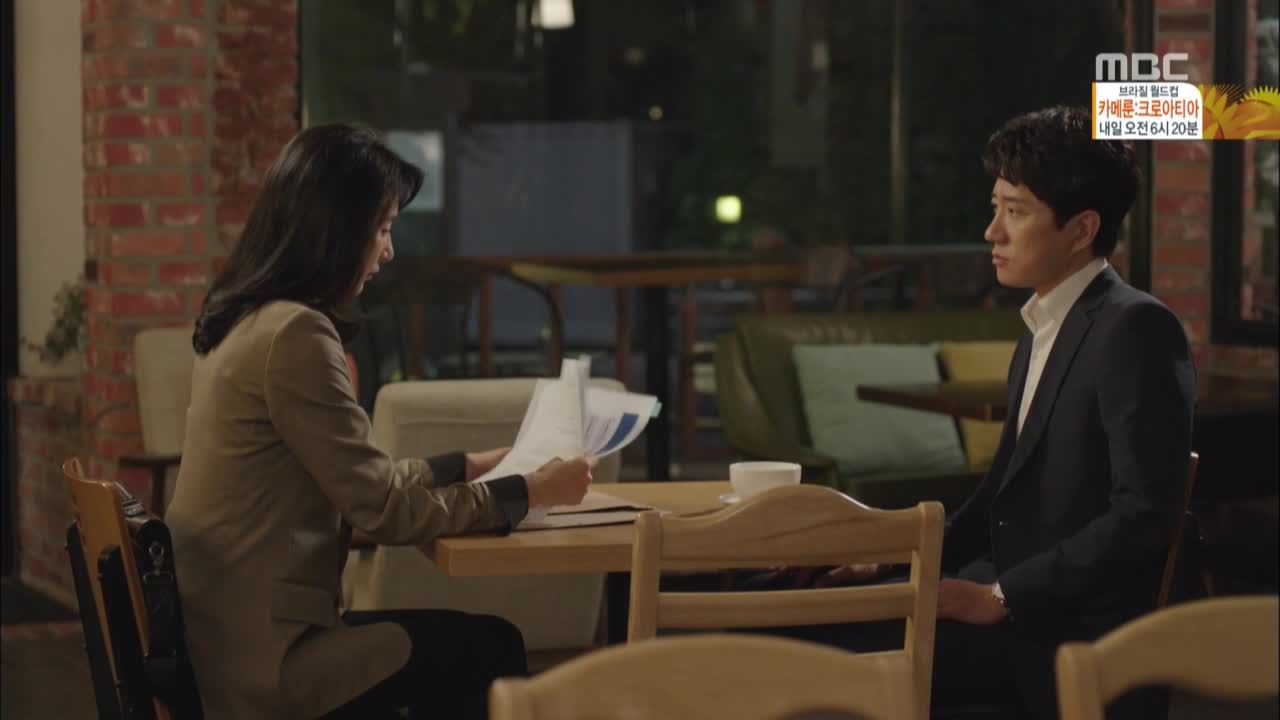

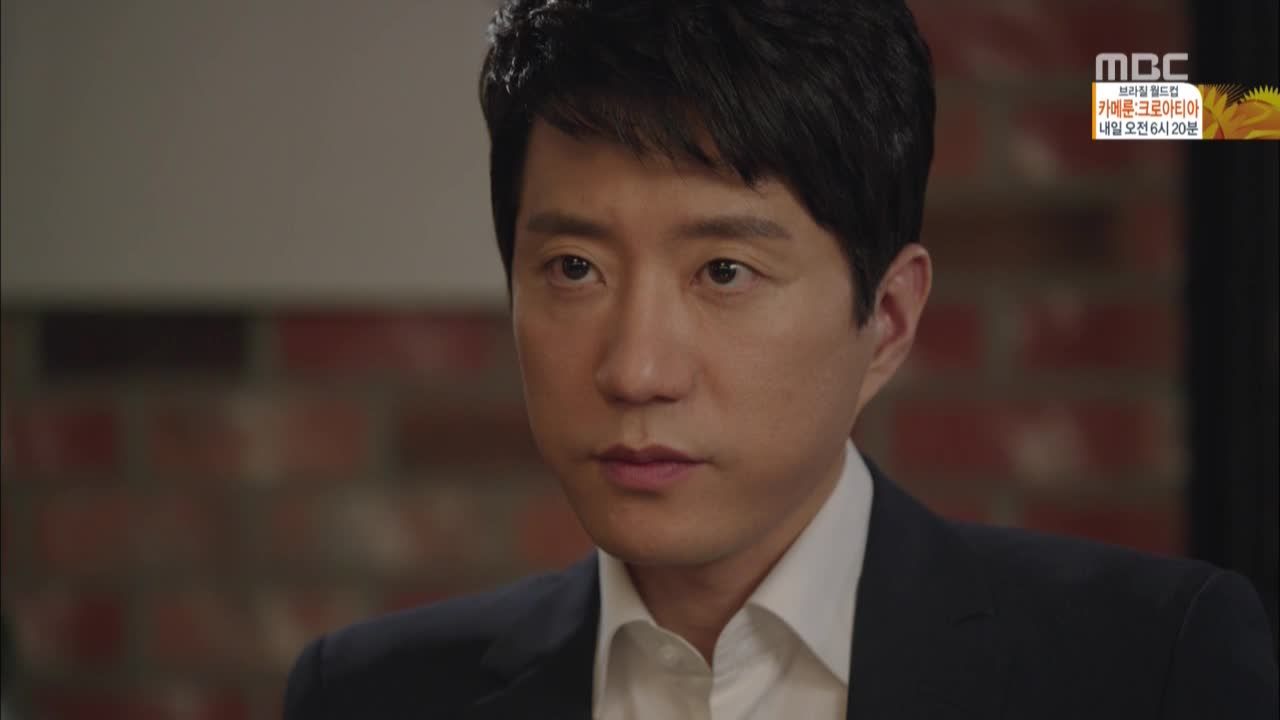

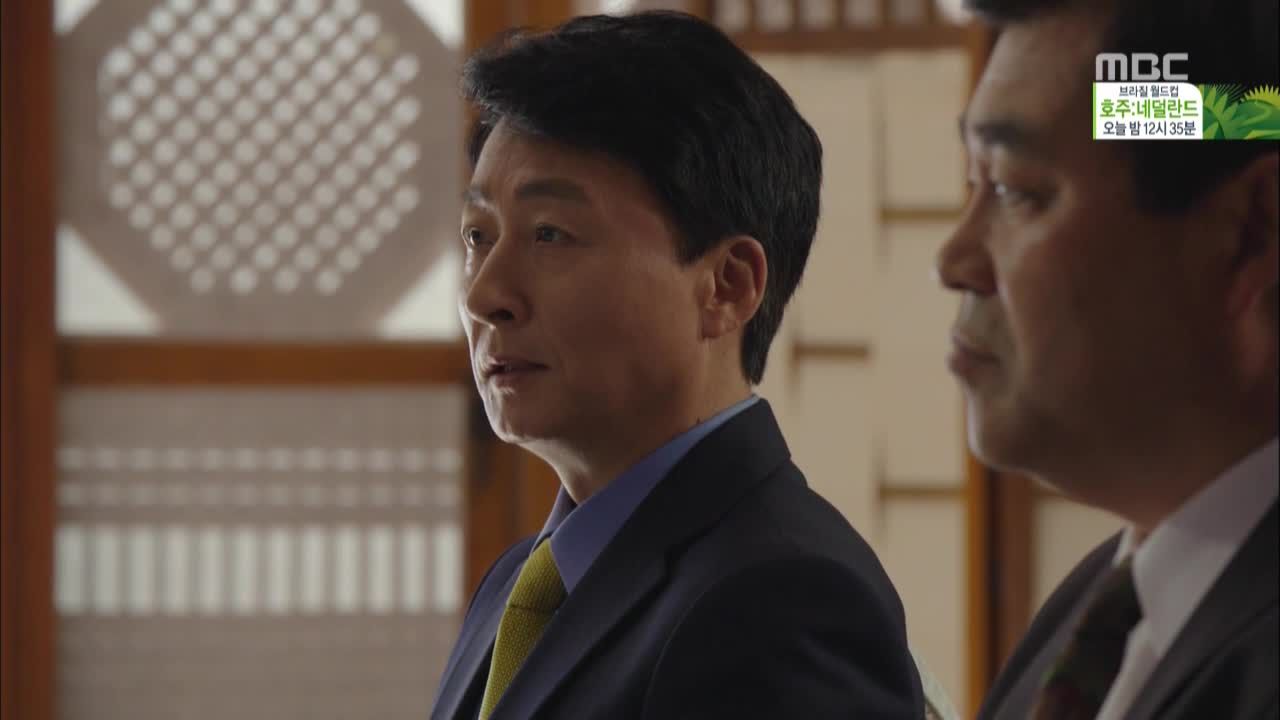
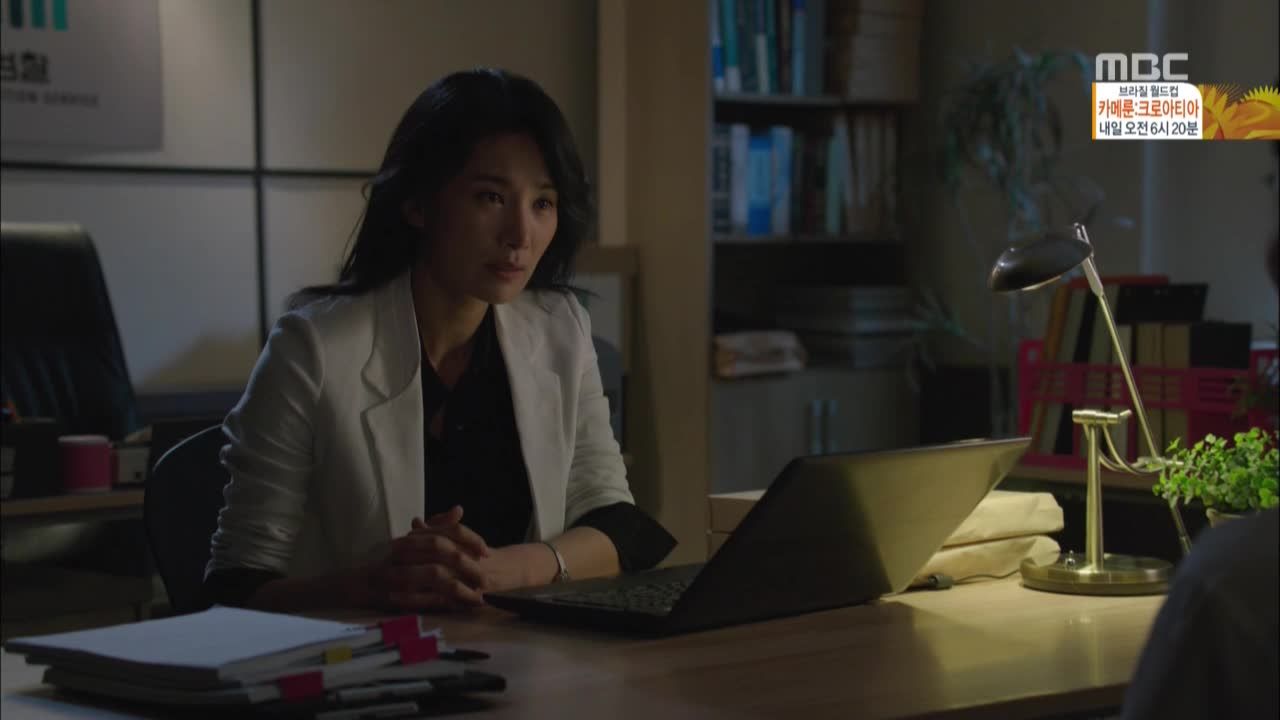
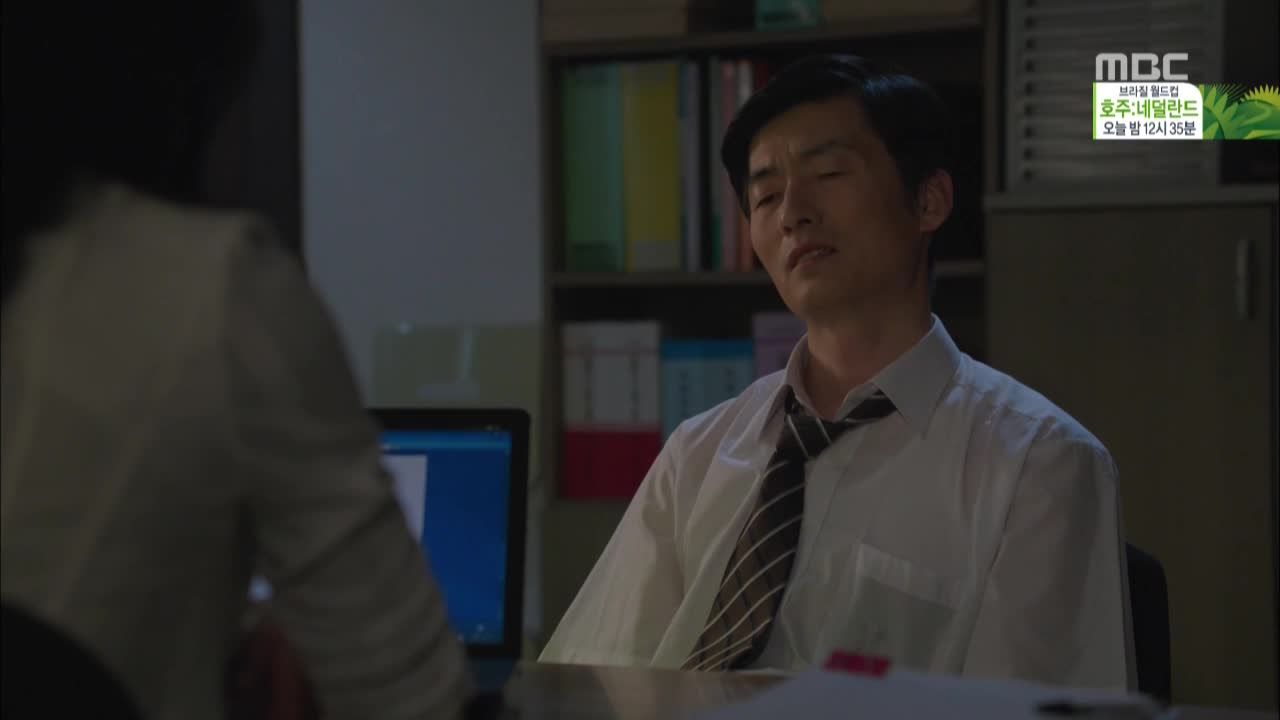
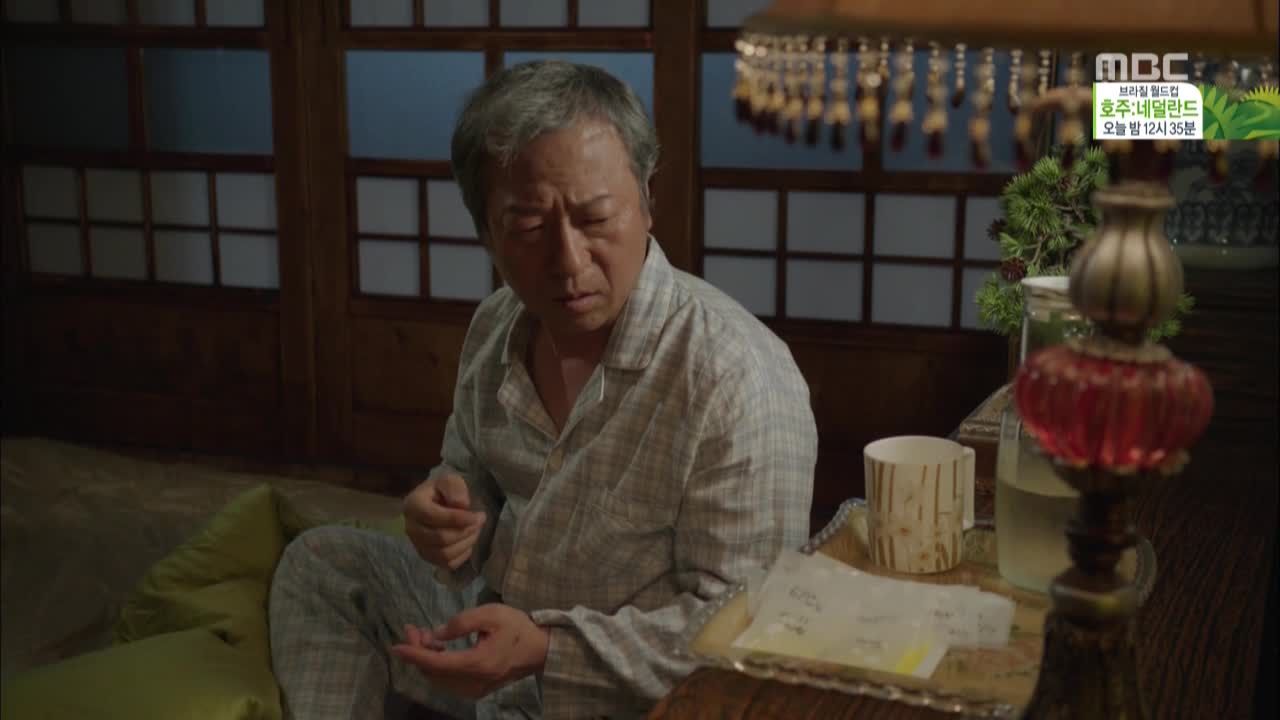
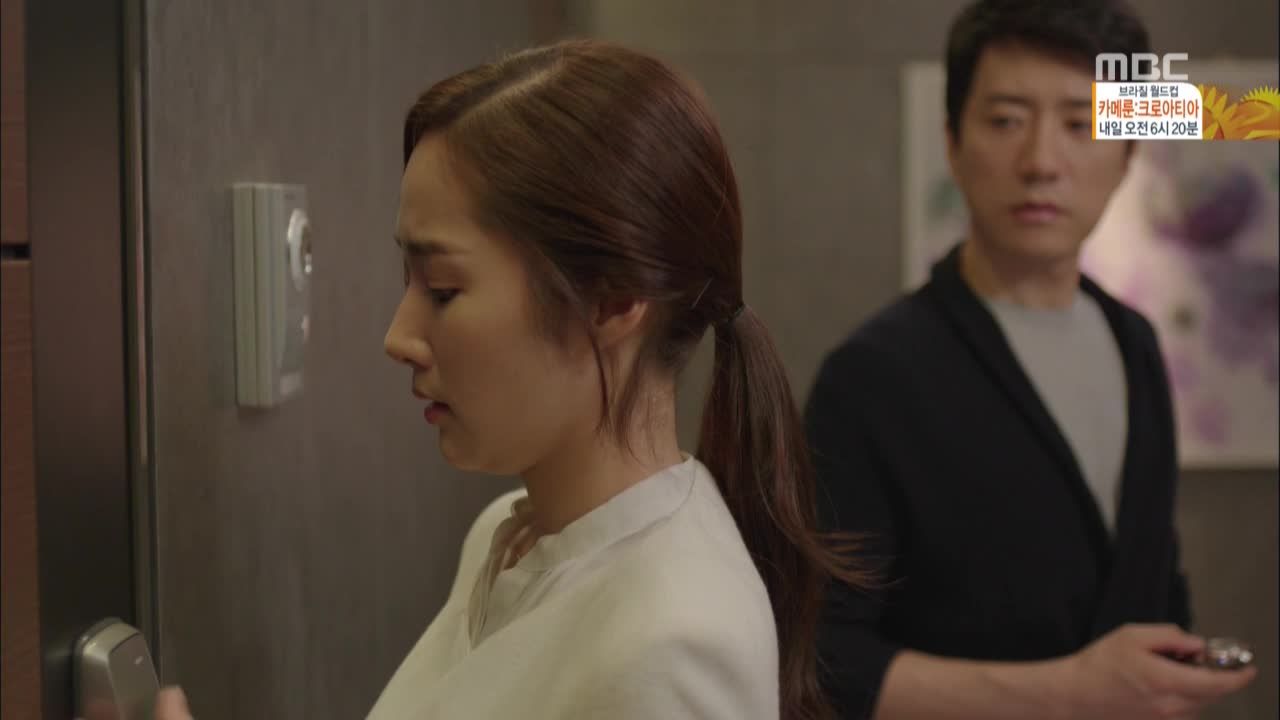


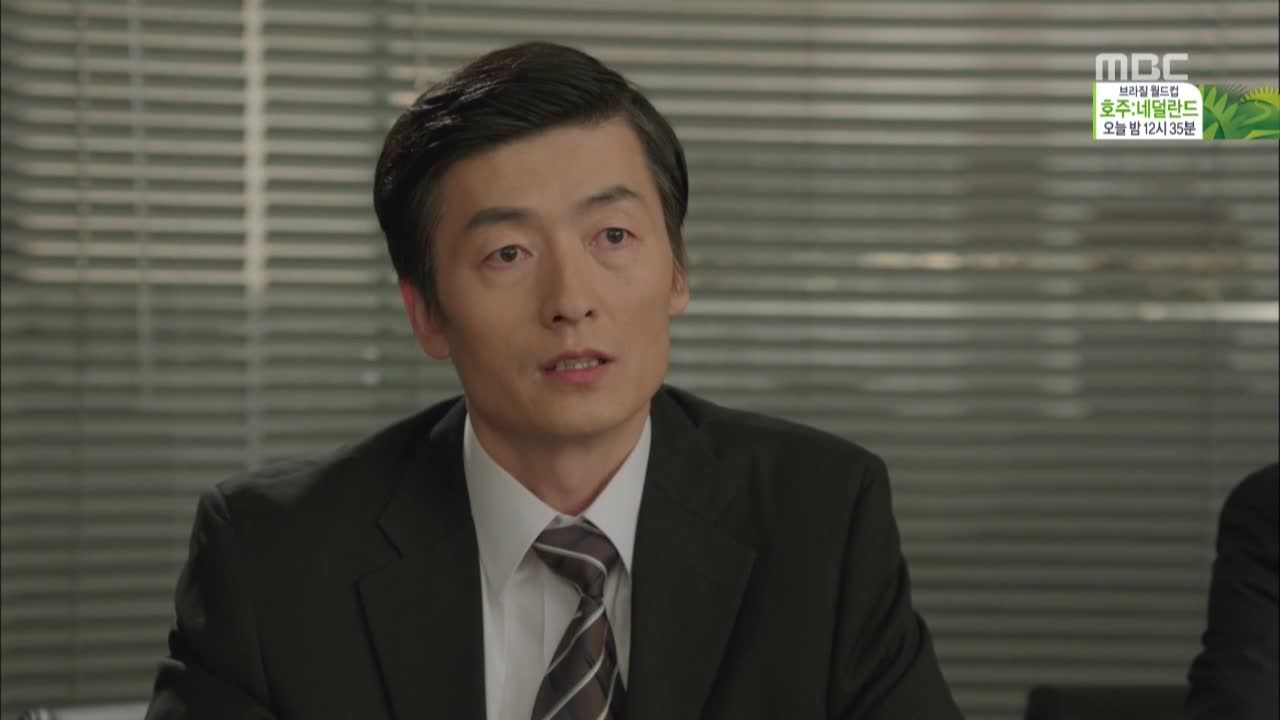
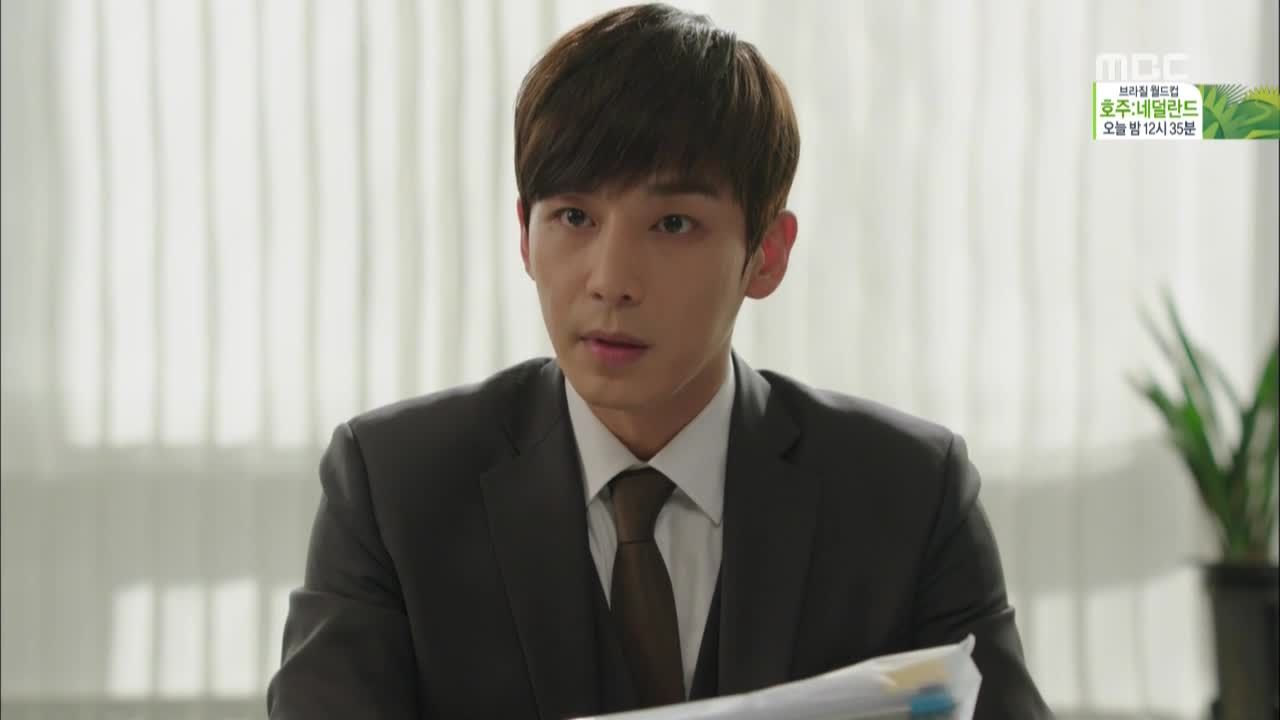
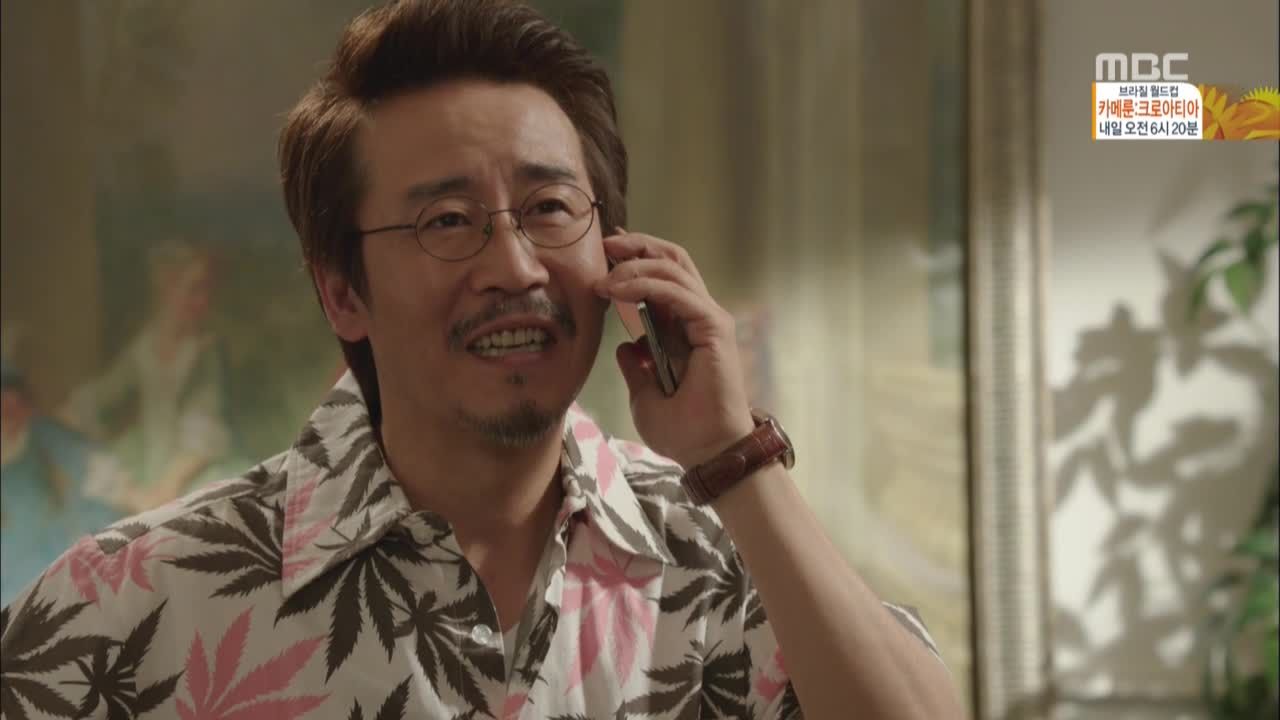
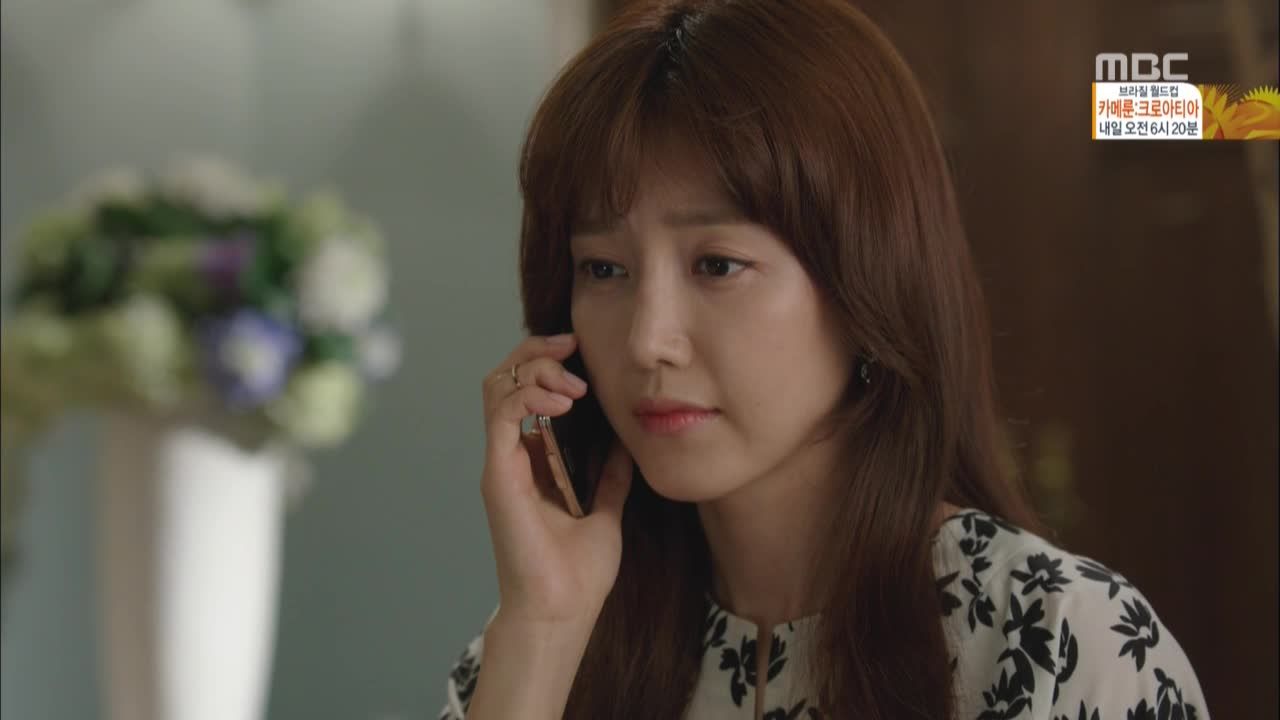
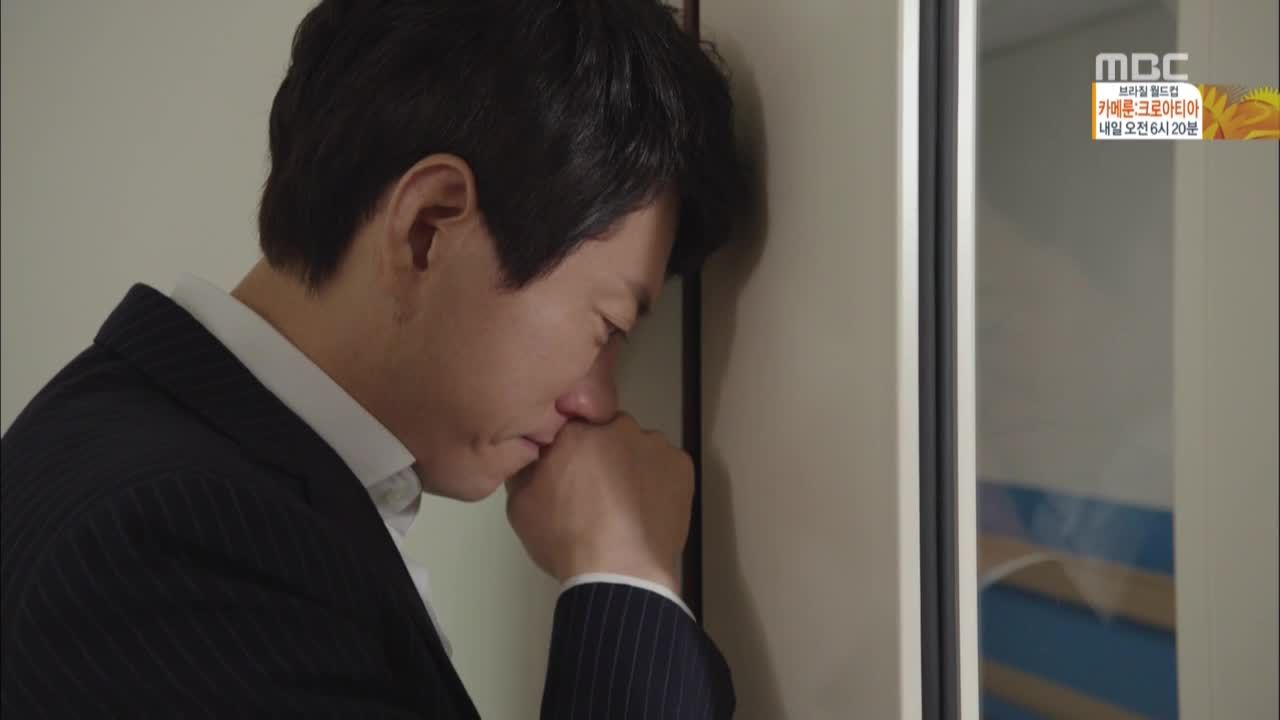
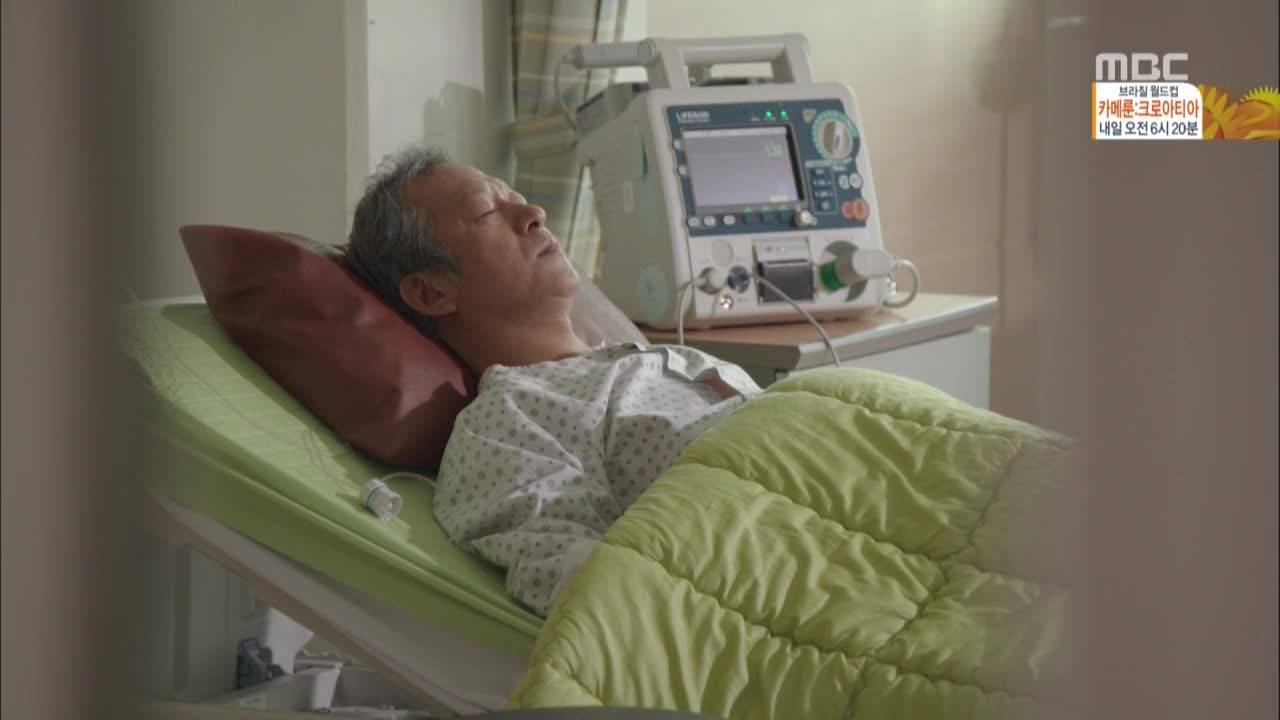

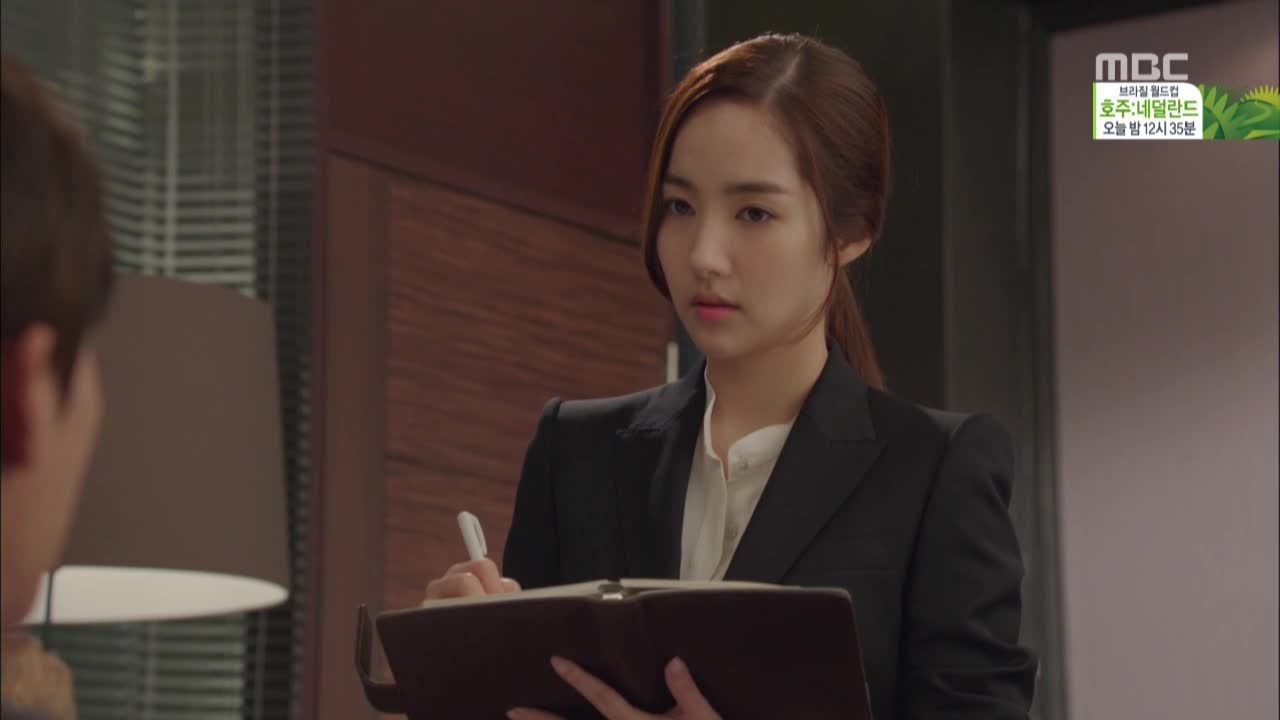
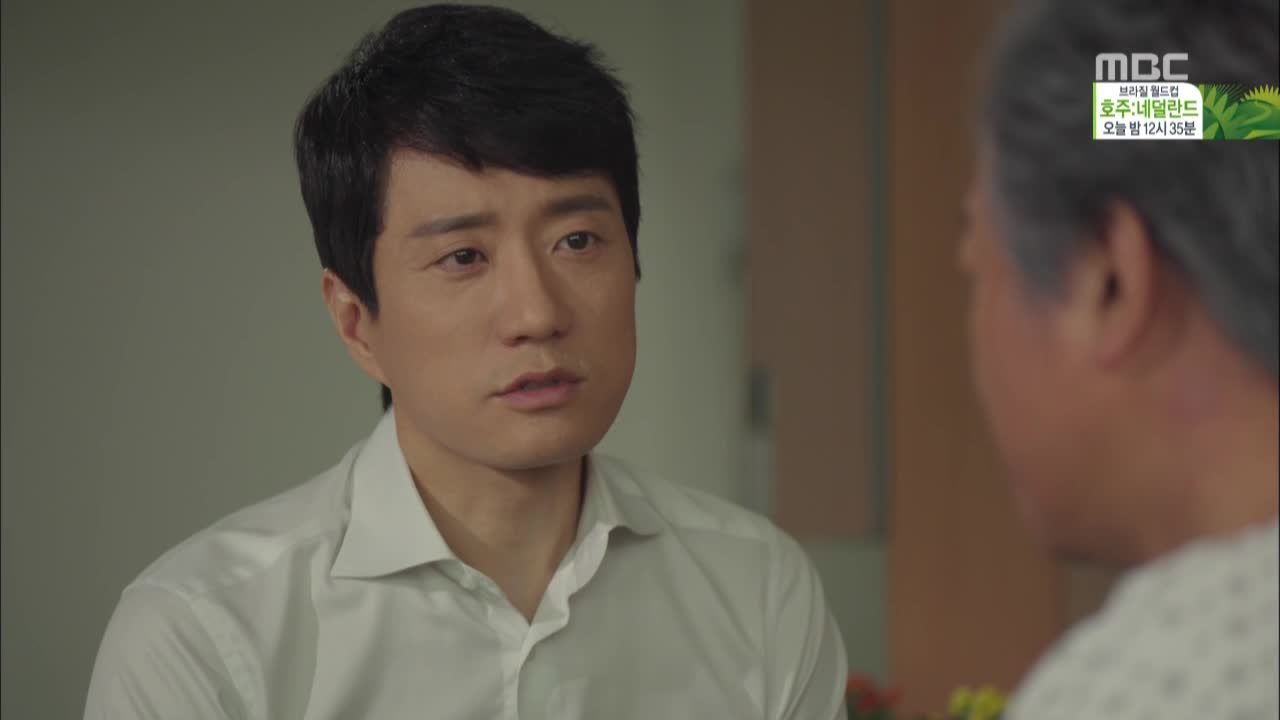

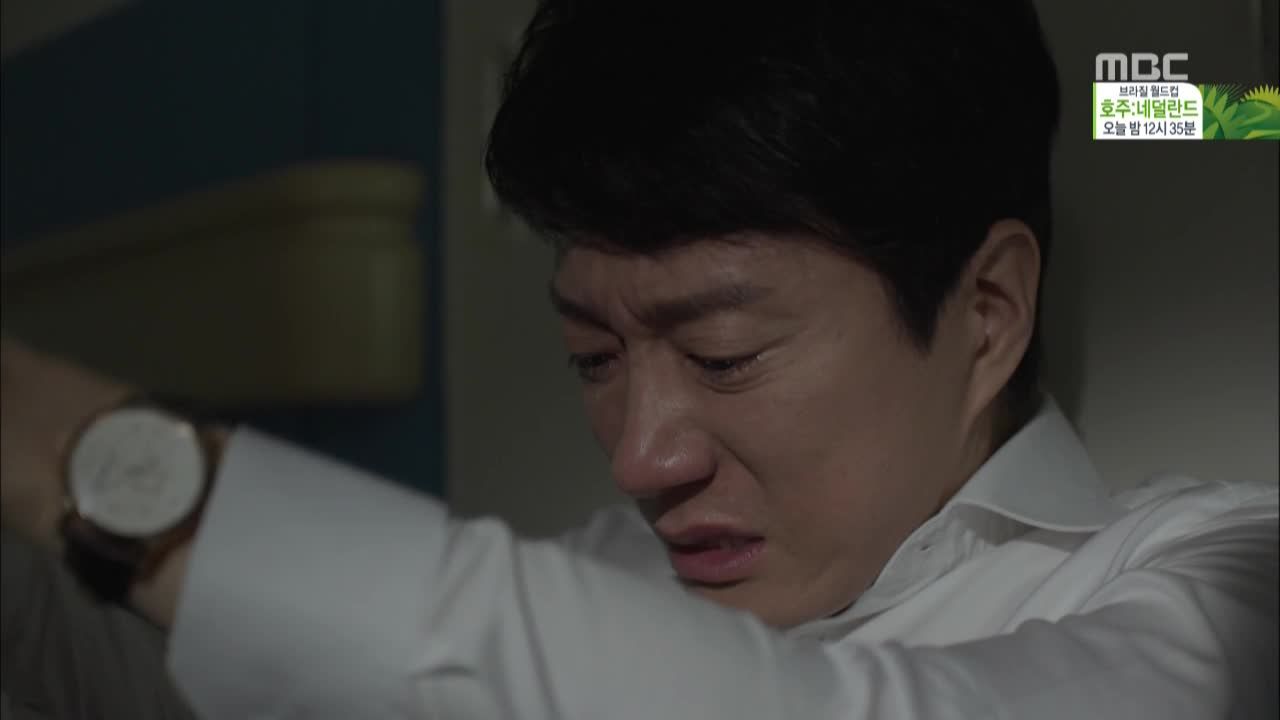
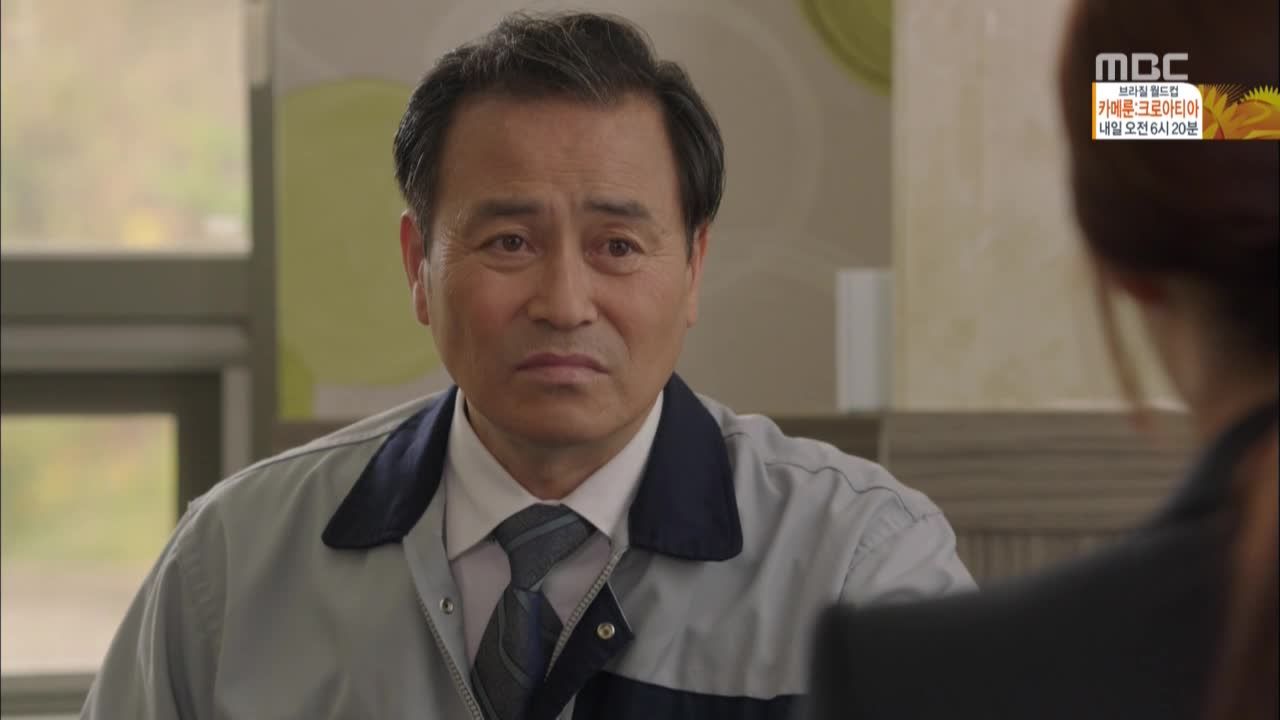
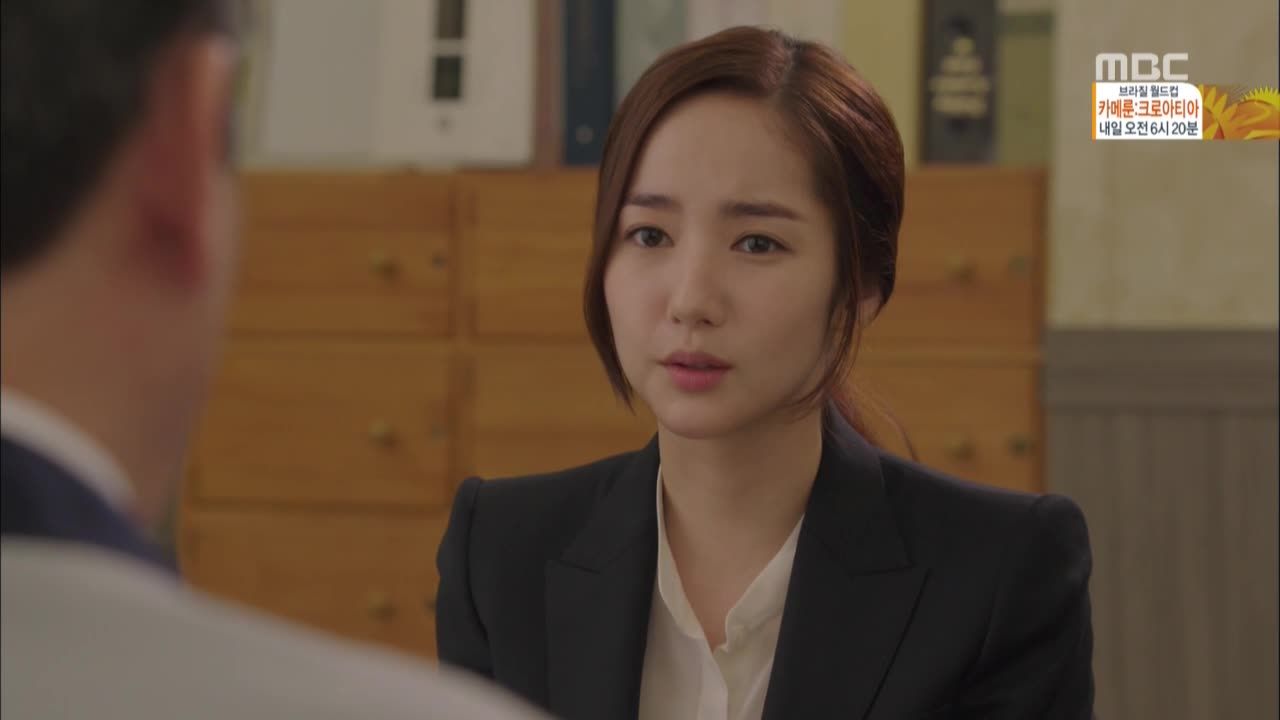
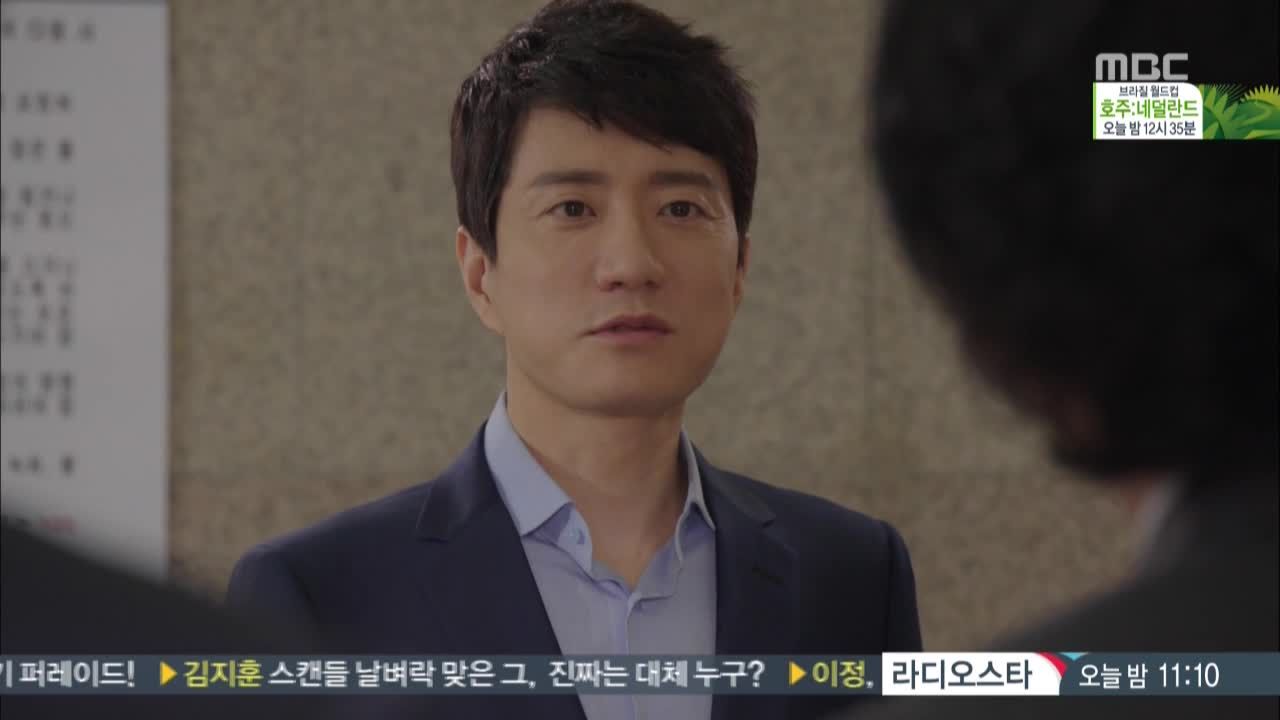
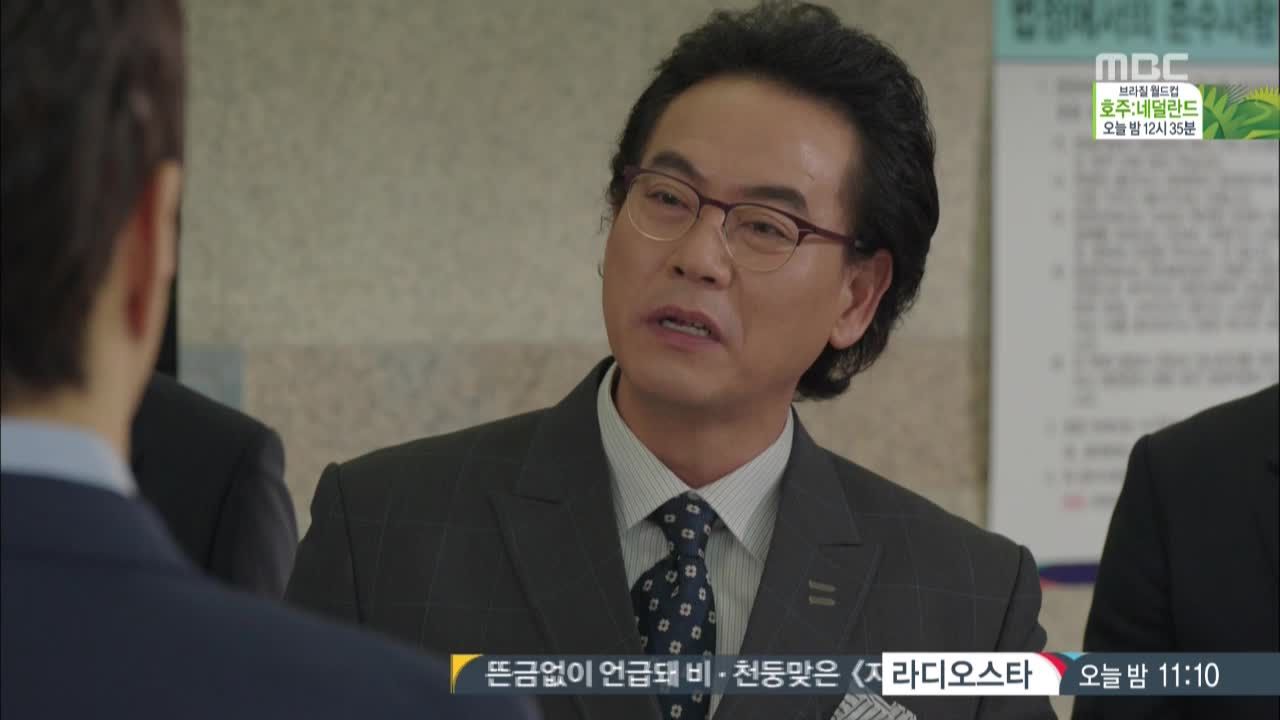
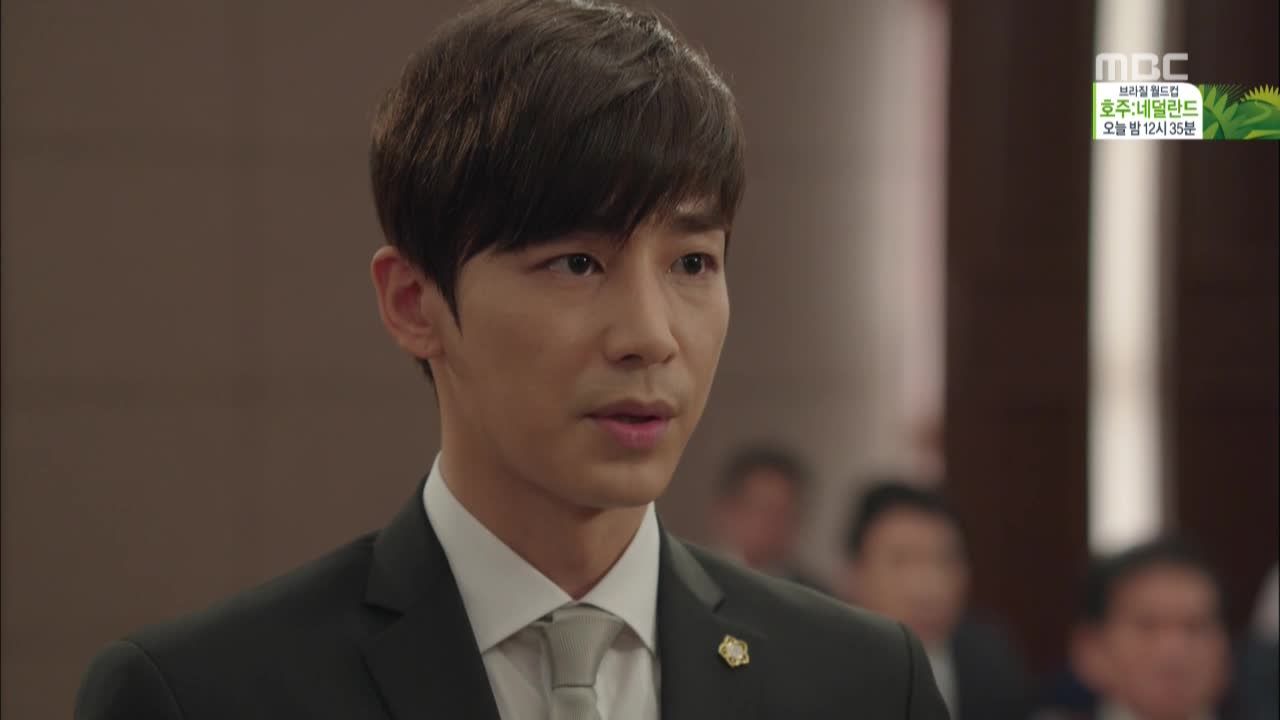
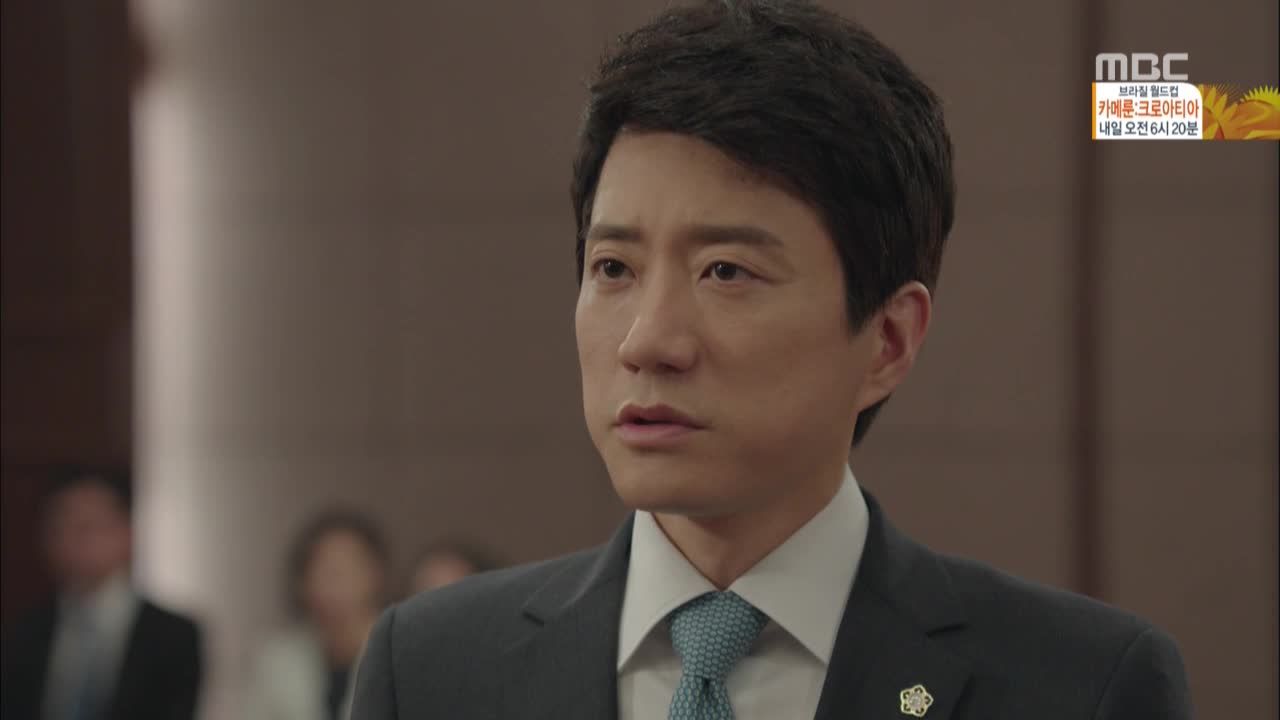
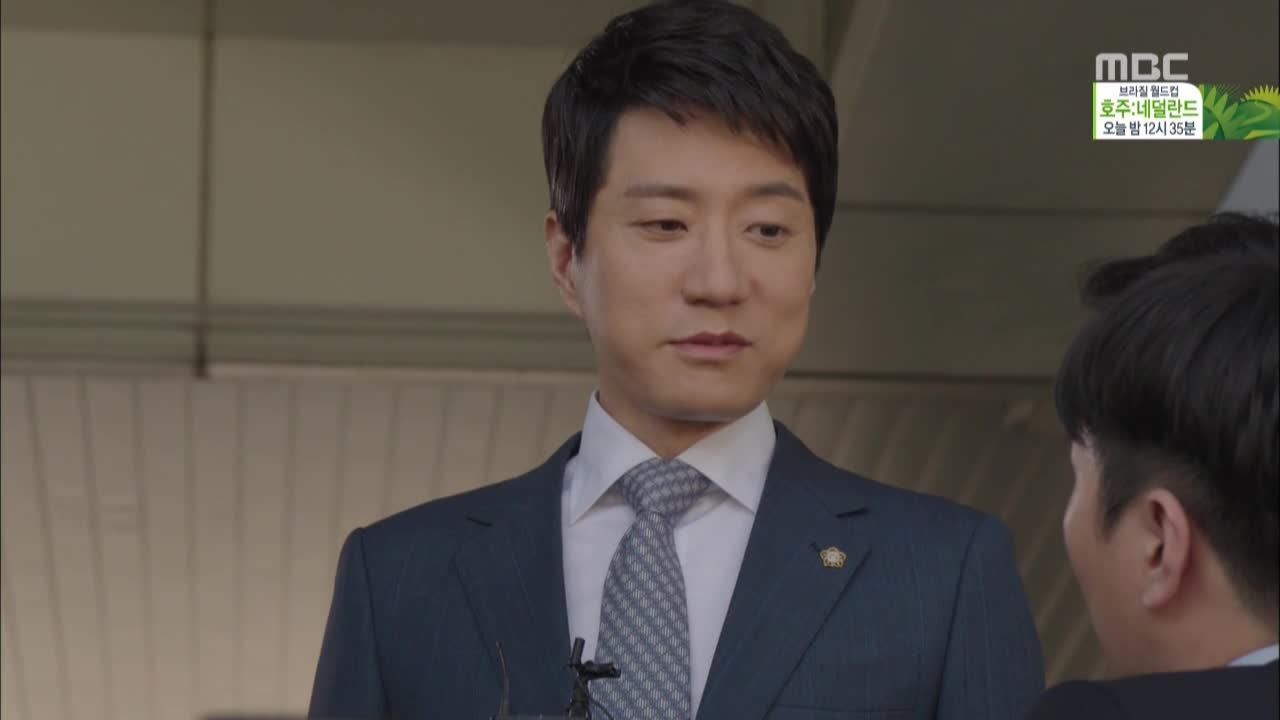
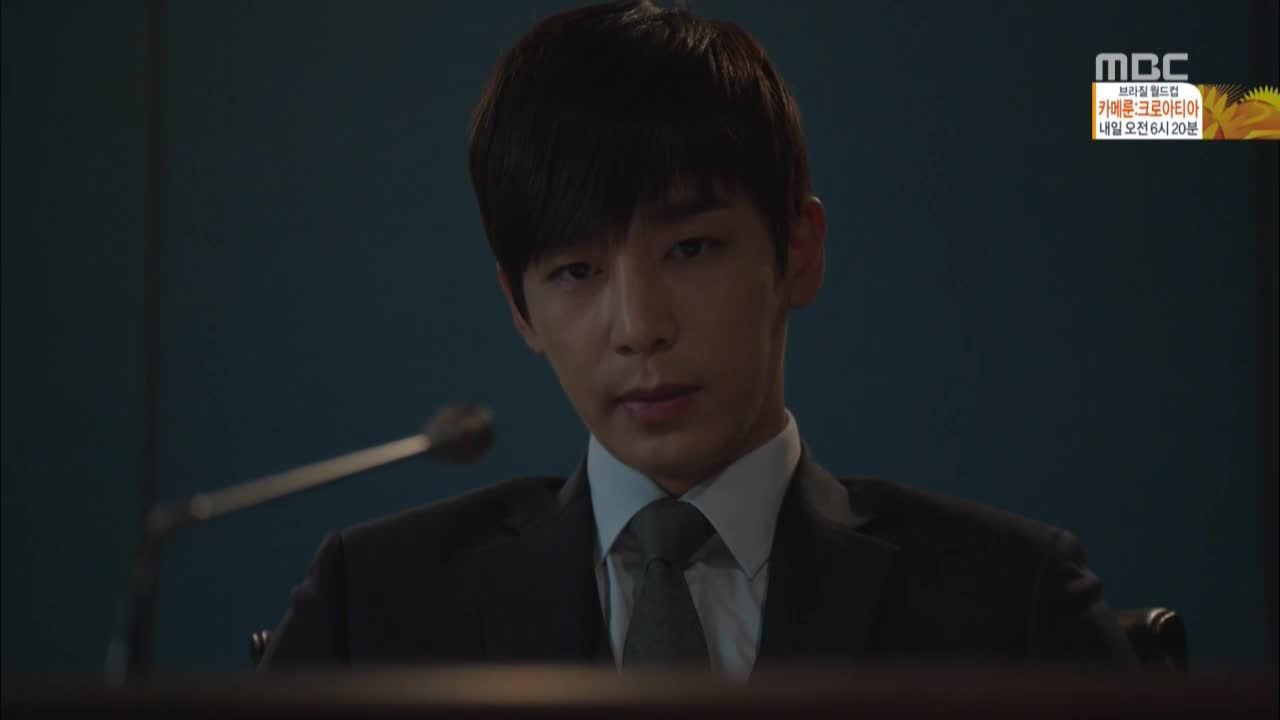
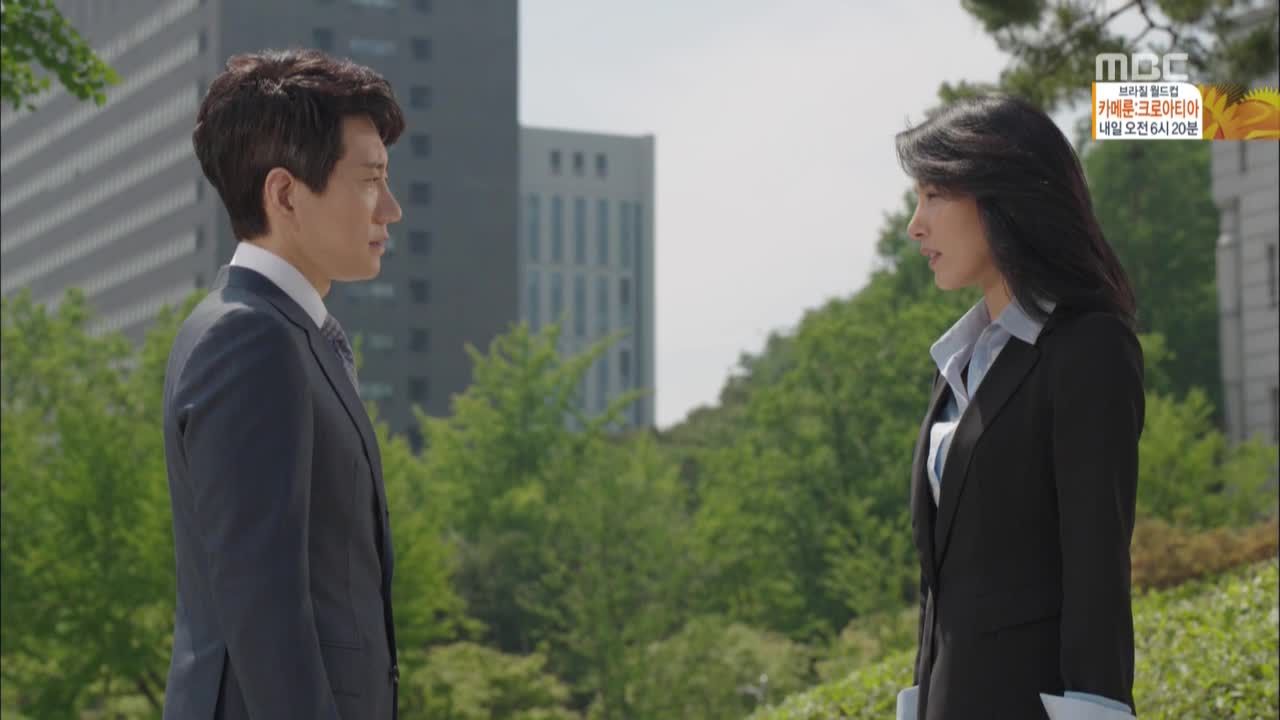
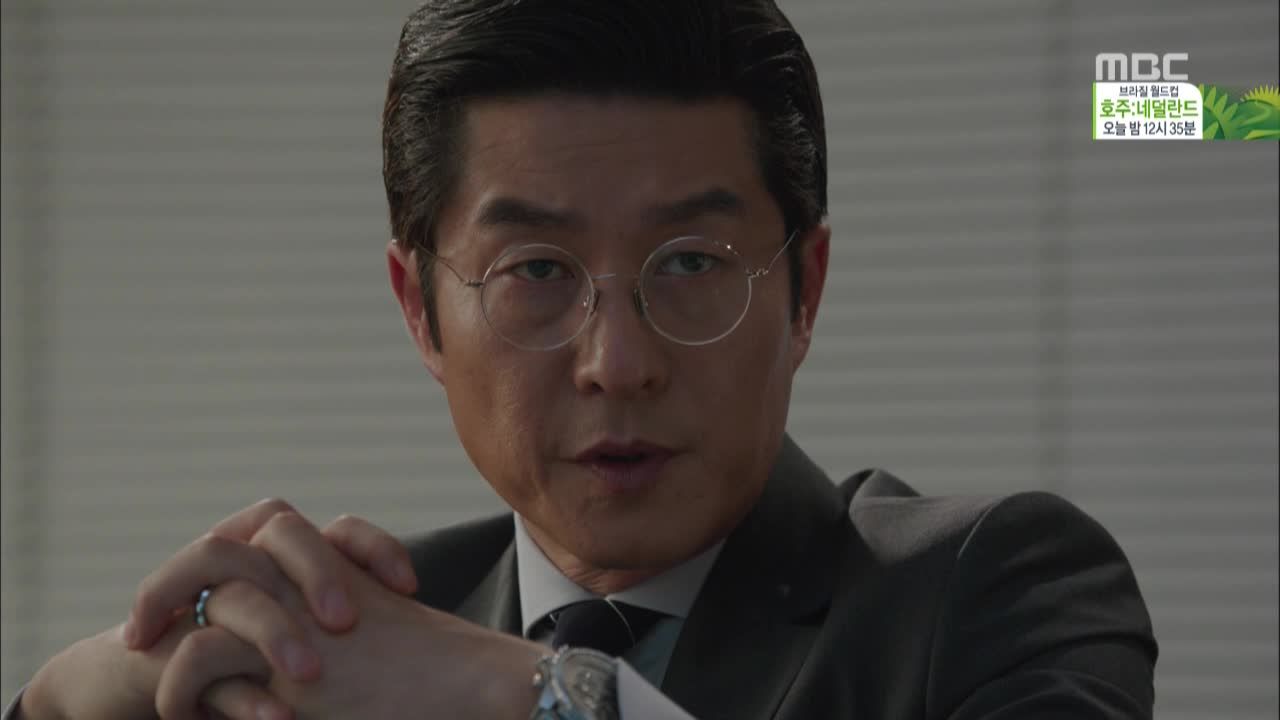
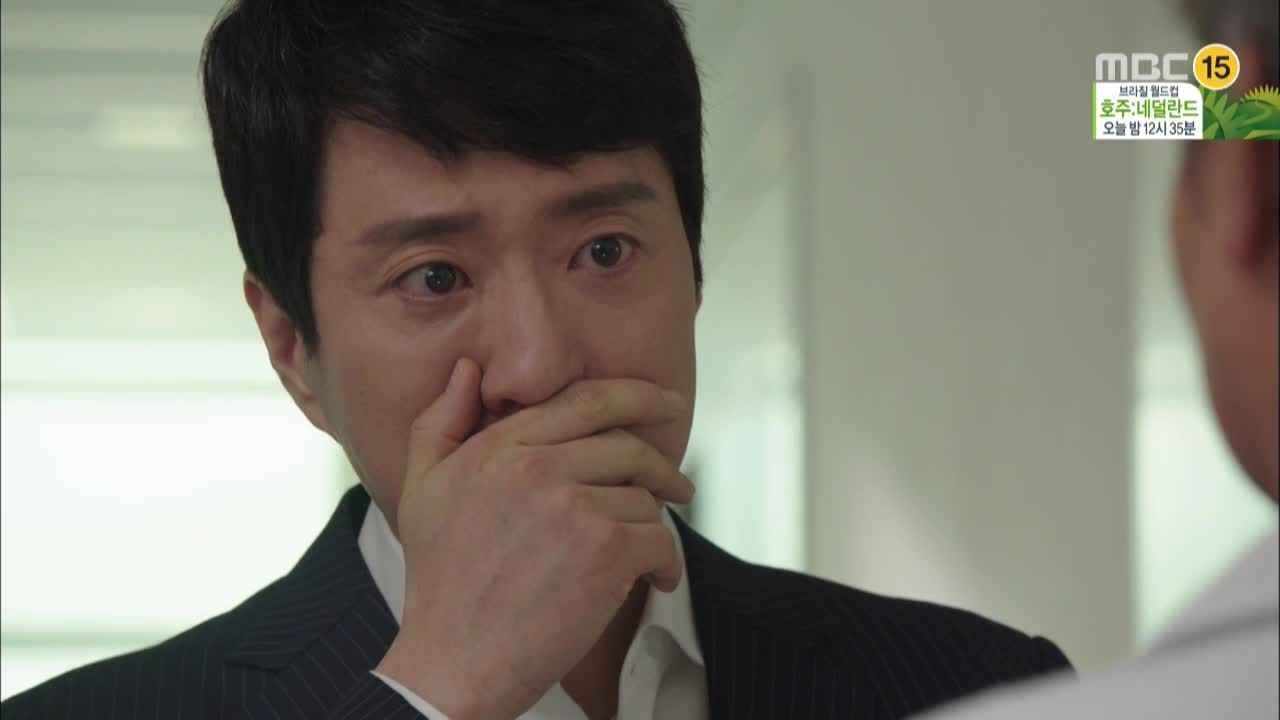
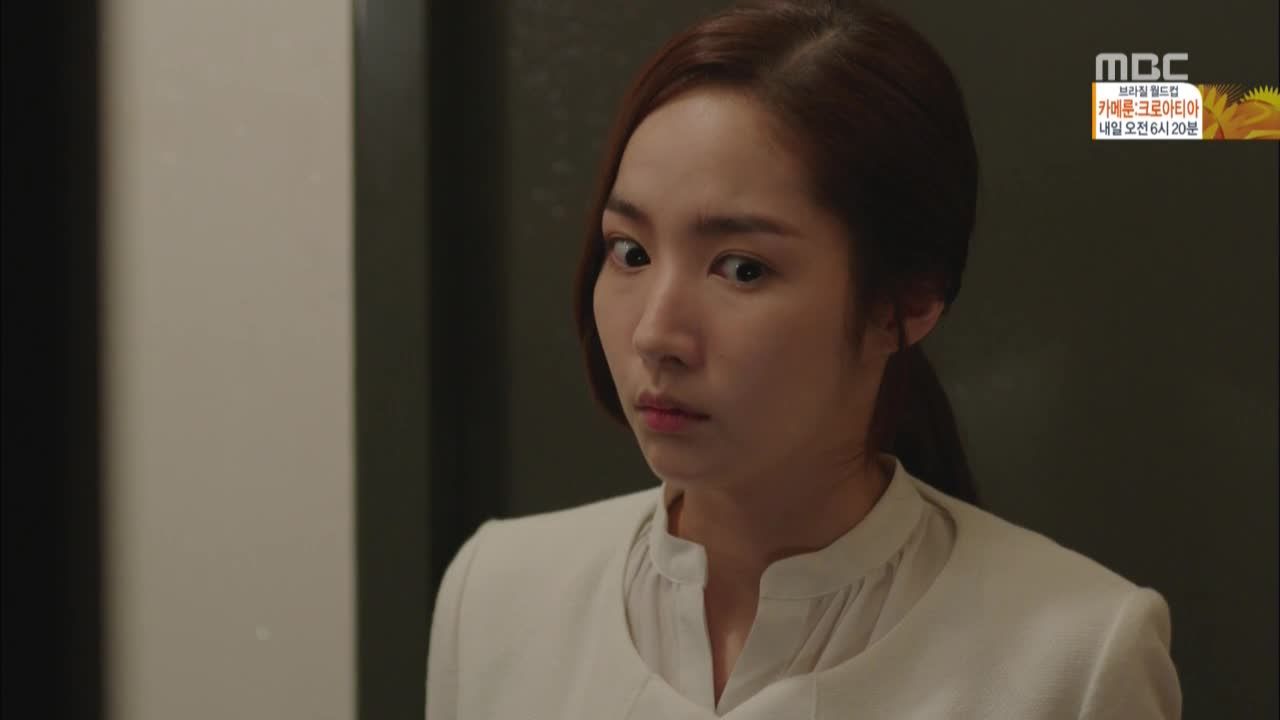
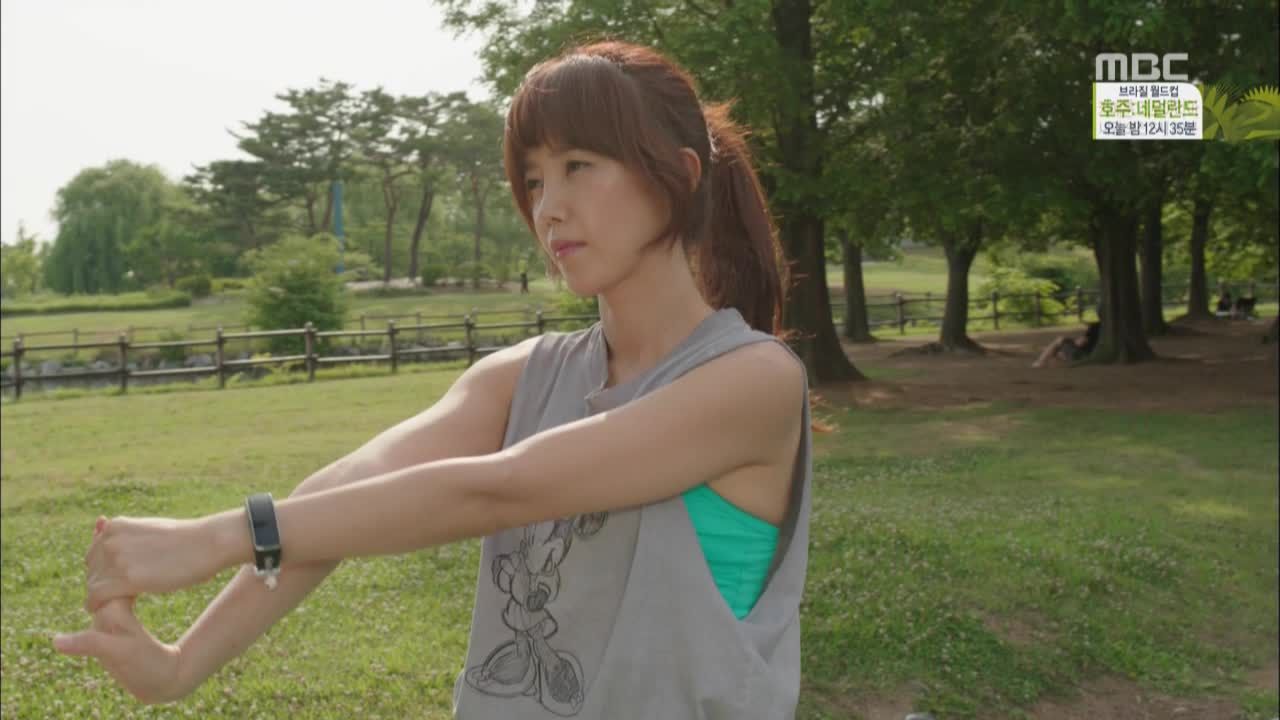
 Interview with Kim Yoo-jung
Interview with Kim Yoo-jung Hello Dramabeans series
Hello Dramabeans series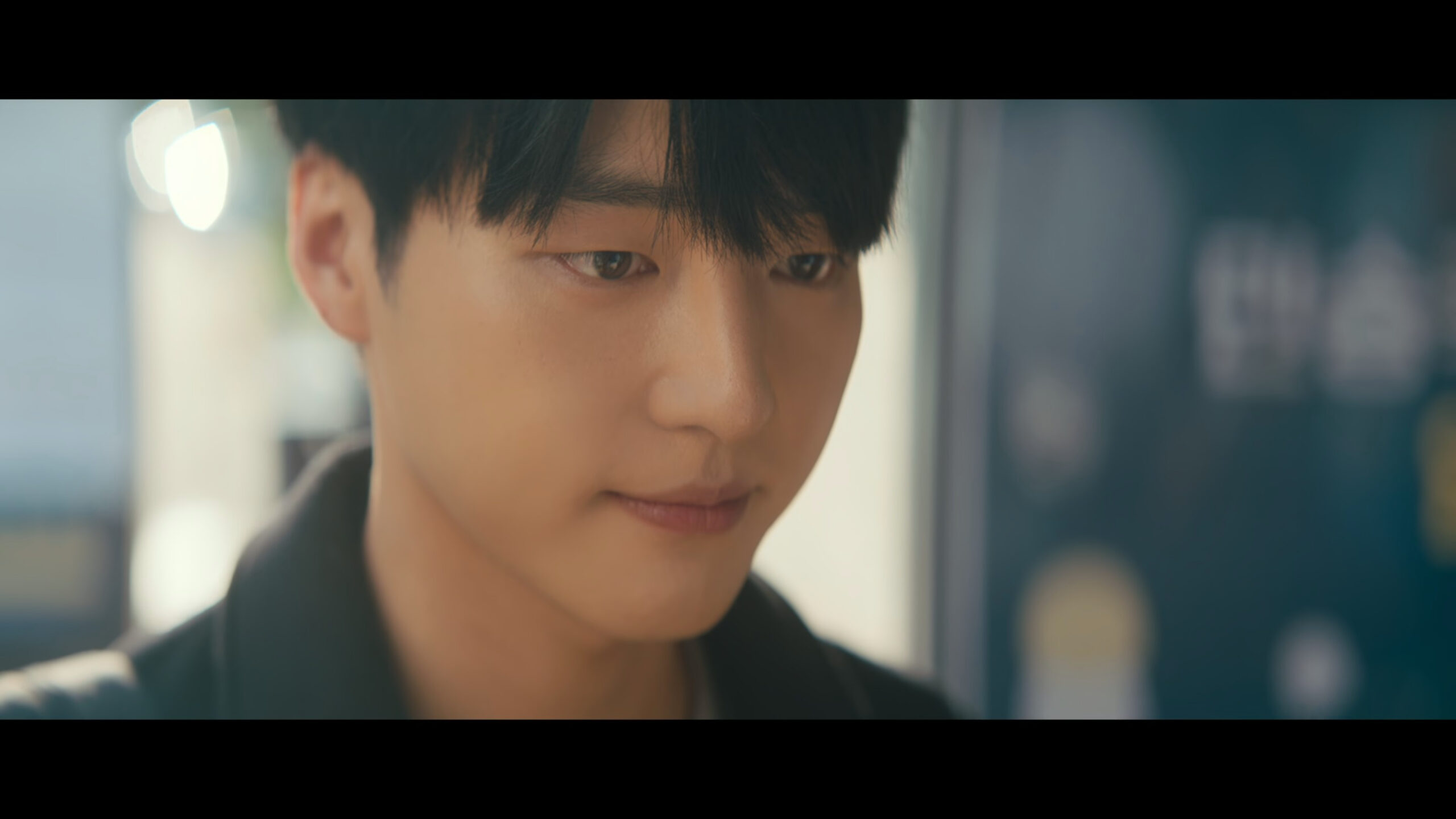
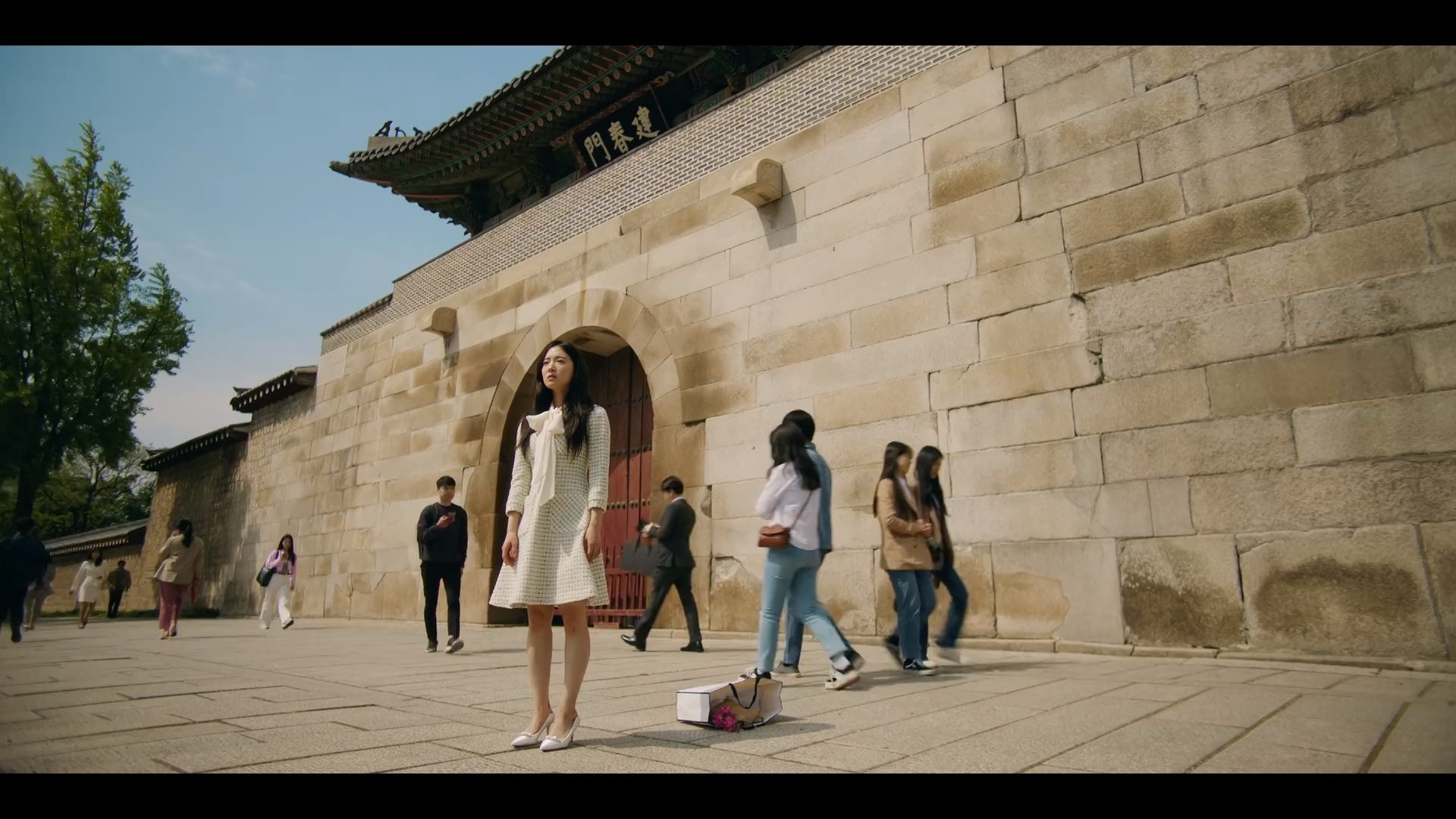


![[2022 Year in Review] The Bean Count](https://www.dramabeans.com/wp-content/uploads/2022/11/beancount_2022.png)

Required fields are marked *
Your email address will not be published. Required fields are marked *
1 Lord Byron
June 20, 2014 at 4:08 PM
One solution to this colossal financial mess would be a drastic reversal of exchange rate at the 11th hour. But that will be a deux ex machina, won’t it?
The corruption and conspiracy depicted in this episode is mind-boggling. How much of this is realistic and how much pure fiction? Since the sinking of Sewol, I’ve been hearing numerous monikers rhyming with the word Mafia (ex. Gwanfia) referring to various collusions within and without the South Korean government. Realistic or not, CHA Firm and the reach of its tentacles into all key areas of power certainly make a dramatic story.
In the 1994 Bankers Trust case (which is mentioned in the episode), the similarities are indeed striking. Below is one of the most succinct summaries of the case that I found in FRONTLINE, “Two Early Derivative Blow Ups”:
“By most standards, Proctor & Gamble had a good financial head on its shoulders. According to BusinessWeek, the company "seemed to be an active and sophisticated player in the financial markets: It had $5 billion in long-term debt outstanding, and it carefully managed its financing costs." So when Proctor & Gamble invested in two complex derivatives products with Bankers Trust, one of the largest banks in the United States in the early '90s, there was little cause for concern.
Then, on Feb. 4, 1994, the Fed raised interest rates for the first time in half a decade. A few weeks later, Bankers Trust informed Proctor & Gamble that its interest rate on one of the derivatives -- the 5/30 swap, in which the writer of the option, in this case Proctor & Gamble, is left entirely exposed to the market -- had been raised 4.5 percentage points. By the time Proctor & Gamble locked interest rates on both its derivatives -- and after the Fed raised interest rates several more times -- the company owed Bankers Trust $195.5 million more than predicted.
By this time, several other companies had also lost large amounts with Bankers Trust. Gibson Greetings Inc., for example, lost upwards of $23 million and sued the bank in 1994. In a settlement later that year, Gibson Greetings paid Bankers Trust $6.2 million, roughly 30 percent of what it owed the investment bank.
News of Proctor & Gamble's losses shook the industry. Former BusinessWeek journalist Kelley Holland told FRONTLINE that the fact that a financially savvy company like Proctor & Gamble was hit with such losses was "an early indication that there were potential problems with these instruments, that they were complicated, that their value could change quickly and that they were sold and bought in an environment that was not closely monitored."
Proctor & Gamble took Bankers Trust to court alleging the bank convinced the company to purchase complex derivatives, misrepresented the value of these products and, when Proctor & Gamble suffered losses or gains, pushed the company to purchase more derivatives in order to continue or reverse the...
Required fields are marked *
james94131
June 20, 2014 at 5:47 PM
Actually, given the relationship between the television companies and the Korean government, I'm quite surprised that this much corruption and insider influence is allowed to be shown. After all, this is the same government that is so very much concerned with promoting Korean products and the good image of Korea.
Required fields are marked *
windsun33
June 21, 2014 at 11:45 AM
You have a good point, especially considering how closely tied many of the TV outlets are tied to the government (or in some cases ARE the government).
But it is that "promoting a good image" thing that has caused some serious problems in the past (and also in Japan in the past). I think some of this came to light in the Sewol ferry disaster, where there was just SO much corruption, ignoring things, and hiding things that it took a major disaster and hundreds of deaths to bring it out.
Required fields are marked *
Ppasun
June 21, 2014 at 2:16 PM
But the target audiences for these dramas are domestic Koreans. S. Korea is not N. Korea where only positive things about government are allowed to be shown on TV. There are a dozen channels, including KBS, MBC, SBS, cable channels and exclusively news channels, as well as numerous newspapers and Internet news sites, reporting on corruption, crimes, social issues 24/7. An average Korean is aware of what is going on in their country and what kind of social problems they have to deal with, just like an average citizen of any other country. If dramas only depicted life in Korea as a bowl of cherries, even fewer people would watch them. Tuning into N Korea's propaganda news would be more interesting.
Only viewers from outside who watch these dramas, without 1st hand experience of the society and culture, are surprised that actually K dramas show so much "negative" side of the country on tv. Korean tourism organization may produce clips targeting non-Koreans about how "sparkling" and "dynamic" Korea is. But the Korean media is not full of just praises toward their country. If you had access to the news, articles, documentaries etc in Korean and really heard what Koreans are saying about themselves, their society and culture, your view of the country would probably change a lot from just watching gazillion kdramas. Dramas are strange things in that they show you a slice of that society, sometimes truer than itself, but at the same time they are not accurate pictures of what life is really like there.
Required fields are marked *
James94131
June 21, 2014 at 4:20 PM
You are absolutely right that the Korean viewers are fully aware of corruption in government and business. And dirty lawyers and bankers make popular targets world wide. But for me what sets this drama apart from other dramas is the portrayal of the Korean judicial system as corrupt to the core from local prosecutors all the way to the top in the Korean Supreme Court. Most democracies like to pretend that their judiciary is generally clean even if other branches of government are dirty. But maybe as an American I just wasn't aware of common knowledge in Korea that their judicial system is corrupt.
Required fields are marked *
Ppasun
June 21, 2014 at 7:13 PM
I don't know whether it's common knowledge or belief among Koreans that their judicial branch is rotten to the core. Like Lord Byron asked, how much of what's shown in the drama is real and how much, just pure fiction? If you think it's all real, you're probably too jaded and cynical for your own good (like Seokjoo). If you think it's all fiction, probably you are naive. I think the majority is somewhere in between, like Seonhee, choosing to believe that there are still many people out there striving to live an honest life and telling yourself that that is why you must strive too to do your part for society and live with honesty and integrity.
Again, this drama shows you a side of Korea but leaves it up to you to decide what it means.
knewbie
June 21, 2014 at 4:55 PM
As a non-Korean I was very impressed that films as angry and critical as Silenced and The Terror Live were such big domestic hits. It's hard to imagine similar films in English being equally successful in the western world. However, ANL seems to be having a hard time competing with lighter and (dare I say it) more stereotypical fare like You're All Surrounded. (I can't imagine what would have happened if it'd been up against Joseon Gunman for its entire run.) I guess most people still regard dramas as light entertainment, and there's only so much social criticism, innovation, etc they can take.
Required fields are marked *
houstontwin
June 21, 2014 at 6:24 AM
Lord Byron, I am very impressed! Thanks for your research.
Required fields are marked *
windsun33
June 21, 2014 at 11:41 AM
This show seems to be following real life events very closely, so the possibility of the exchange rate reversing as some plot device is less than zero I think.
Required fields are marked *
bmore
June 21, 2014 at 1:54 PM
from what I understand from other commentors in other places this show is a 'ripped from the headlines' story based on the Kiko fraud involving Citibank and Simmtech corp. It 'seems' they could not get recourse through the Korean legal system so it is actually being litigated through the US legal system right now due to I don't know what precedents. One commentor said it very closely mirrors what is and has actually happened in that case, even using names that are similar.
Required fields are marked *
windsun33
June 21, 2014 at 3:48 PM
And in the end, going through the US courts may actually hit the companies being sued being hit much harder than if they had actually just went ahead and lost in Korea.
Just yesterday the US FCC fined a Chinese online firm $35 million for selling ONE type of product.
Required fields are marked *
Dukdam
June 22, 2014 at 2:41 AM
Everyone in Korea knows that the real life Cha firm is 'Kim & Jang'. They are as scary and powerful as depicted in the drama and that's why the show has been cut. The case also really happened in Korea a few years ago and is still on going - tis the 'kiko' case.
Required fields are marked *
2 PPasun
June 20, 2014 at 5:11 PM
I really wish that they could wrap this up reasonably and continue with season 2 some other time. The cases are so interesting and characters deserve further development.
I am pretty sure that Jiyoon's grandfather's undeserved imprisonment had something to do with Seokjoo's father's imprisonment and Cha Young Woo firm was involved. This is only one of the many threads in the drama that lost their day in court.
Dramas like this are so rare in K-dramaland that I am sad I can't see it fleshed out and developed to the extent it deserves.
Required fields are marked *
Hipployta
June 20, 2014 at 5:39 PM
This would be awesome with another season like Ten or such shows
Required fields are marked *
James94131
June 21, 2014 at 9:41 PM
Completely agreed. ANL is one of the best written kdrama shows on a major network in recent memory. Could easily take 6-8 episodes to complete the various story lines without even getting into any romantic stories. It would probably be impossible for the production company to retain the whole cast and crew AND the writers for a second season plus try to persuade SBS that a second season would be profitable. But maybe a little romance might bump the ratings. Isn't that what Anthony would do?
Required fields are marked *
James94131
June 21, 2014 at 9:46 PM
Typo: MBC, not SBS.
Required fields are marked *
3 JoJo
June 20, 2014 at 6:14 PM
Thanks for the recap. I don't think it really matters if SJ gets his memory back, but JS leaving the country? When you get bail, don't they make you surrender your passport? There are a lot of things to wrap up, so let's hope they do a good job.
Required fields are marked *
4 KDaddict
June 20, 2014 at 6:16 PM
This ep may feel a little dry by itself. But taken together with ep 14, this week's eps do such a good job in showing us how corrupt the legal system is.
We've been told from the beginning that Cha's is a formidable law firm. Now we know how so. He doesn't practise 'Law' at all. It is certainly not about being going to court based on the law, but knowing every player in the courts and prosecutor's branch, who to blackmail, who to bribe, who to manipulate, who to transfer, all to secure a win for his high-paying clients. And it is just sickening.
The way SJ is reconciling with his father is touching. He is called Stone-pillar. Ha ha ha. A Stone Pillar for Justice. Wow. That's his father's wish, and we know that he'll turn out to be just that.
What I don't get is why Ji-won is doing this: He's been doing so well as a Judge. Unless that was just a stepping stone to new riches, how can he now play on the other side to subvert the legal system?
I'm sorry that there is only 1 week left. Next week's eps will have to deal with the legal battle of the banks. It'd be lovely to get to know our chars more, JW, JY, JS, ST, Lee, even Cha.
Required fields are marked *
dramaspresso
June 20, 2014 at 6:52 PM
I totally agree with you! In this episode and the next, it was fascinating to see how Seokju would find a smart move within the framework of the law, and be countered by Yeong-woo utilizing contacts and bribes to totally subvert the law. I think that Jiwon definitely underestimated (overestimated?) the firm and is only now realizing the full extent of what he's stepped into. (and I think the blatant and casual talk of manipulation is hurting his pride, since he was technically bought just like everyone else they're talking about)
Required fields are marked *
KDaddict
June 20, 2014 at 7:07 PM
I sure hope that JW is pissed that he has been bought just like the others, and runs away from the Devil's Den, back to the Light, soon!
Or does he have a 5-year contract w Cha?
If I remember correctly, Cha promised to let him go back to his academic pursuits after 5 years? He can still walk away any time?
Required fields are marked *
dramaspresso
June 20, 2014 at 7:27 PM
I don't remember the specifics, I'm sure he technically could walk away any time, but with the reach that the firm has he would be ruined and unable to continue in law. Personally, we've seen that he's very proud and ambitious, and those qualities are working for and against him: he wants to win this landmark case and set legal precedent, but I think he wants to win it on his own terms and according to the letter of the law. He seems very uncomfortable in the boardroom scenes with the buying and selling of judges and officials for many reasons, but I'm sure that one of them is because he took his work as a judge very seriously and tried his best to be impartial. He'll have to decide if his belief in justice, the law, and his own abilities will be enough to win out over his ambition and all the shenanigans on this side of the bench.
Required fields are marked *
knewbie
June 21, 2014 at 4:04 AM
While I think you're right about Ji-won being uncomfortable in the boardroom scenes, it's got to be said that he was the one who started the ball rolling by getting the search warrant blocked in episode 12. So I'm not sure whether the terms upon which he hopes to win coincide exactly with "the letter of the law".
5 Mandelbrotr
June 20, 2014 at 9:58 PM
Thanks for the recap!
Required fields are marked *
6 Bamboo
June 20, 2014 at 10:39 PM
I am in total awe !! what a fabulous story line... Wow it feels like stephen king story. Truly a classic k-drama. The shakeup of the powerhouse , influence, power and weakness greatly depicted. This drama truly deserves part 2. Thankyou mr scriptwriter for the amazing job you have done. Feels so fresh after all the romantic / dramatic concepts. This year kdrama produced one of the finest storys so congrats on the new thinking line.
Required fields are marked *
7 aco
June 21, 2014 at 9:20 AM
now that I think about what the hell was Park Min Young role in this drama.. she has almost no screening time..lol not that her role is that interesting is just what was the point with her character... ?
Required fields are marked *
windsun33
June 21, 2014 at 11:49 AM
I wish she would have gotten a little more screen time also, and filled her character out a little more. Theme-wise this has possibilities of a 2nd season, but ratings wise.. probably not.
Required fields are marked *
8 MajorDickason's
June 21, 2014 at 1:08 PM
It's unfortunate that this drama was cut to only 16 episodes. It's disappointing that a drama like this that has a great combination of acting and writing must finish its multiple narrative threads in only two more episodes, while a hot mess like Dr. Stranger has 20 episodes to tell a story that makes no sense. I keep wanting A New leaf to keep going and I keep thinking "aren't we near the end yet?" with DS.
Required fields are marked *
9 Adal
June 21, 2014 at 5:40 PM
This question may seem a little out of place for this episode, but I was wondering how it was possible for Seok-joo to make steak taste so good without salt? In the previous episode whe Seok-joo took the steaks out of the package, he placed it in a device that looked like a refrigerator, but I'm wondering if that was an oven component? If anyone has any idea please let me know. I realize that this might be a form of product placement but I'm dying of curiosity.
Required fields are marked *
10 August
June 22, 2014 at 7:59 PM
A New Leaf just keeps getting better and better.
Required fields are marked *